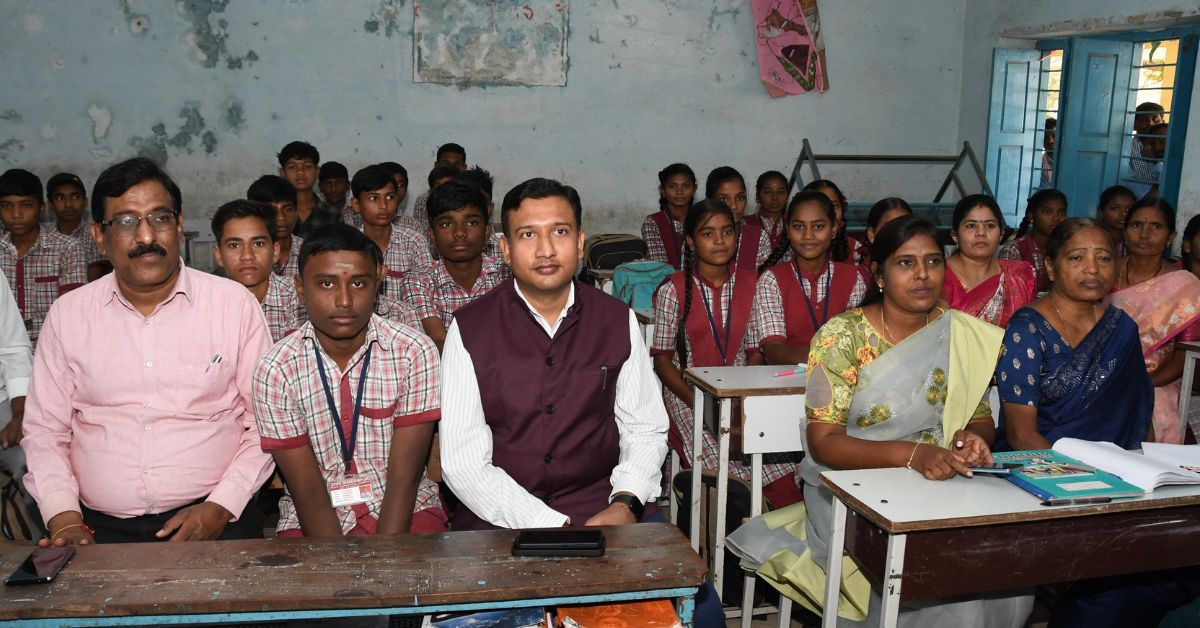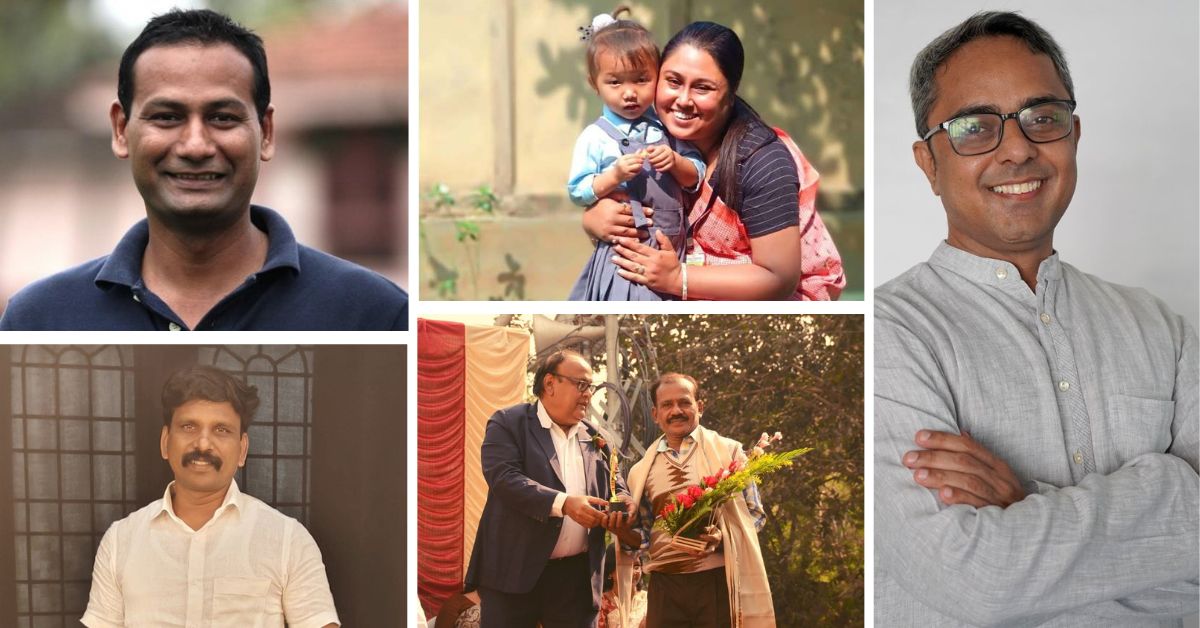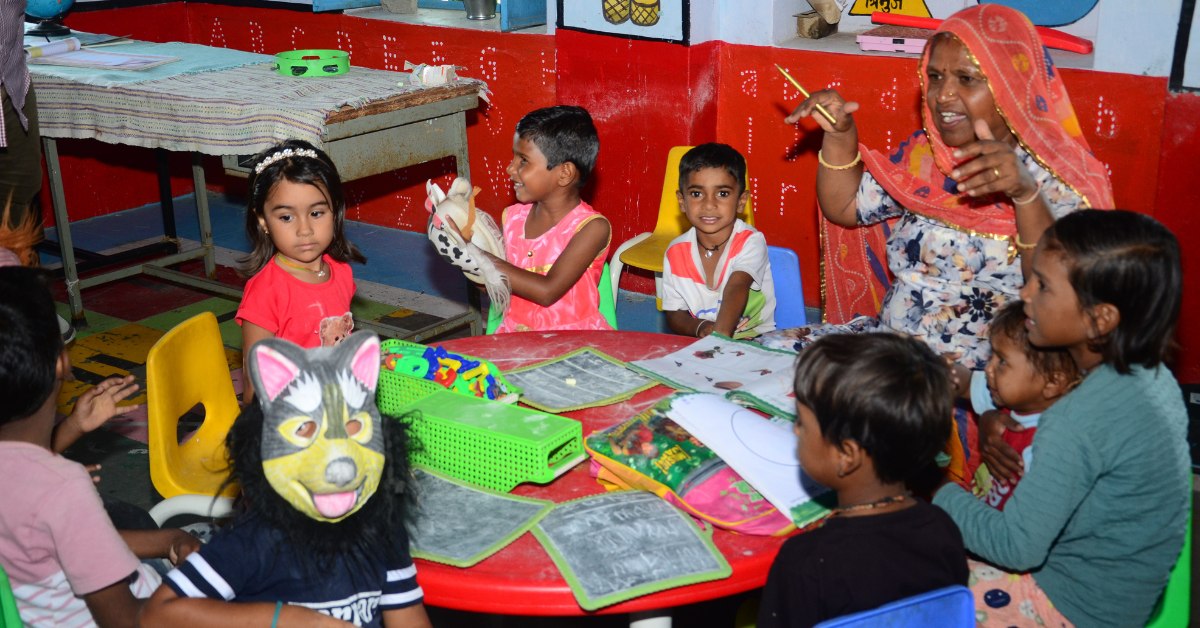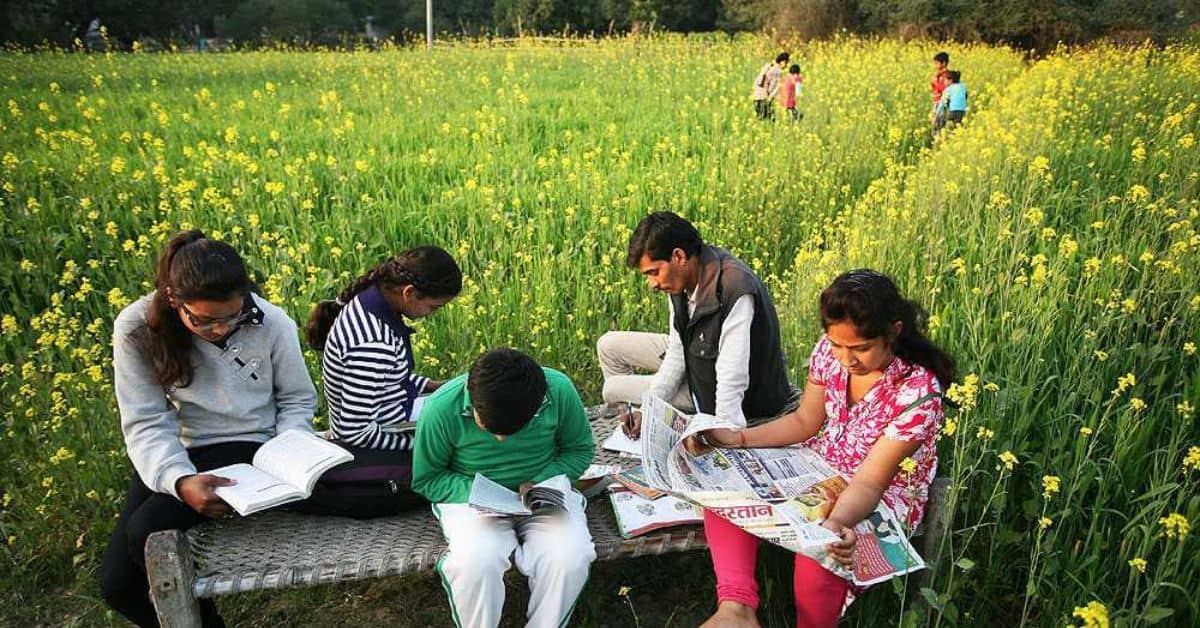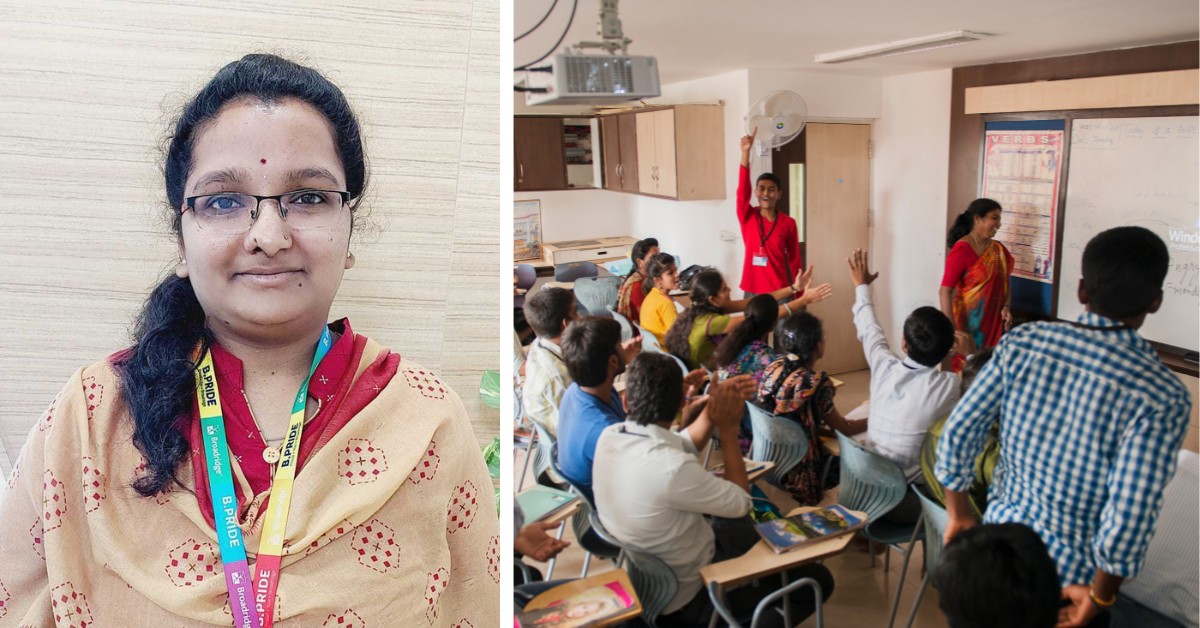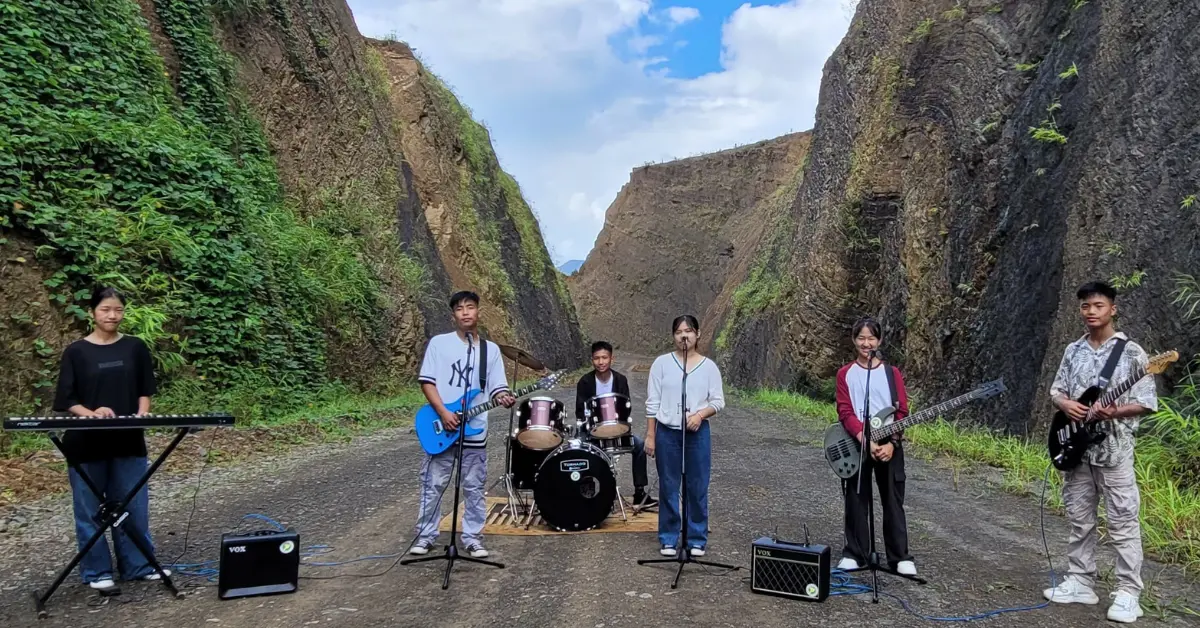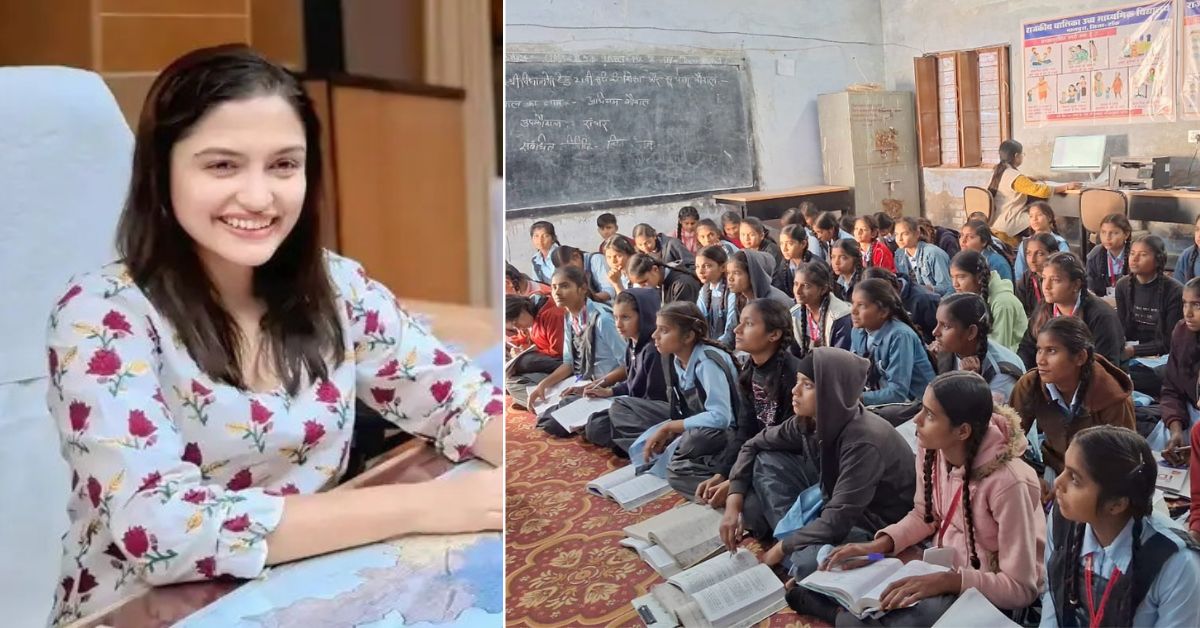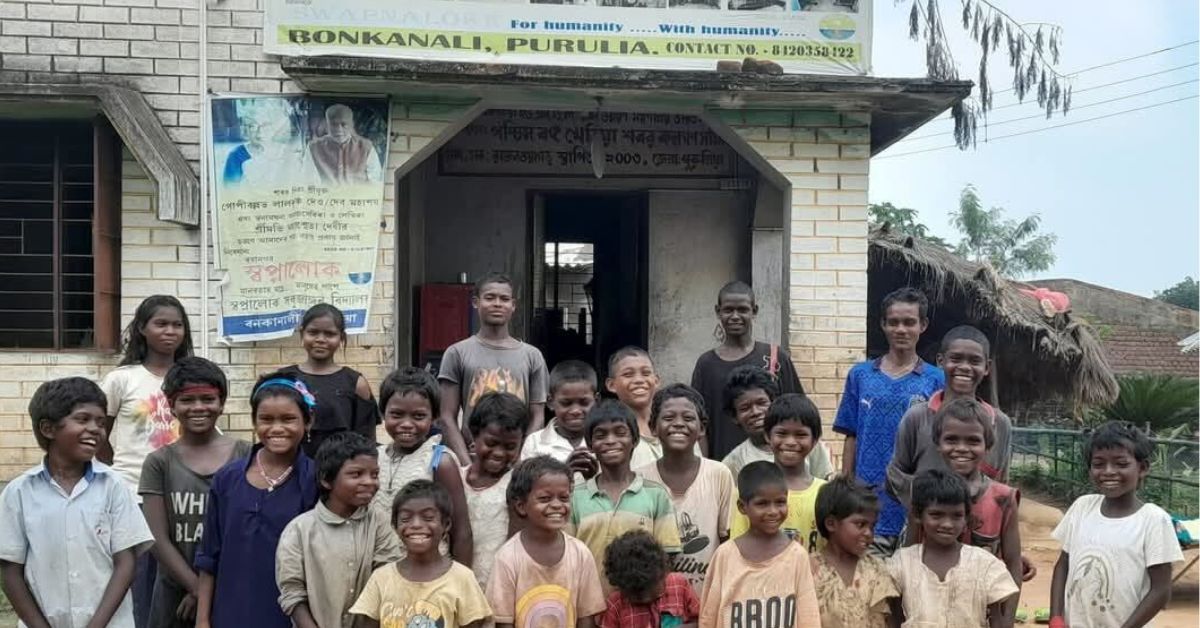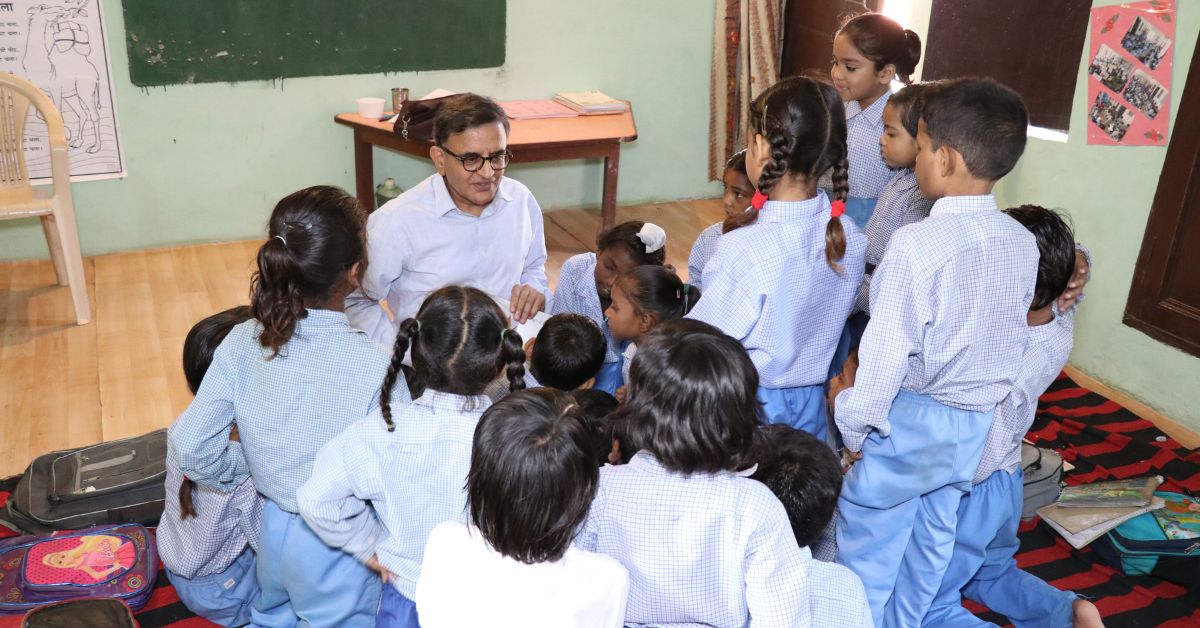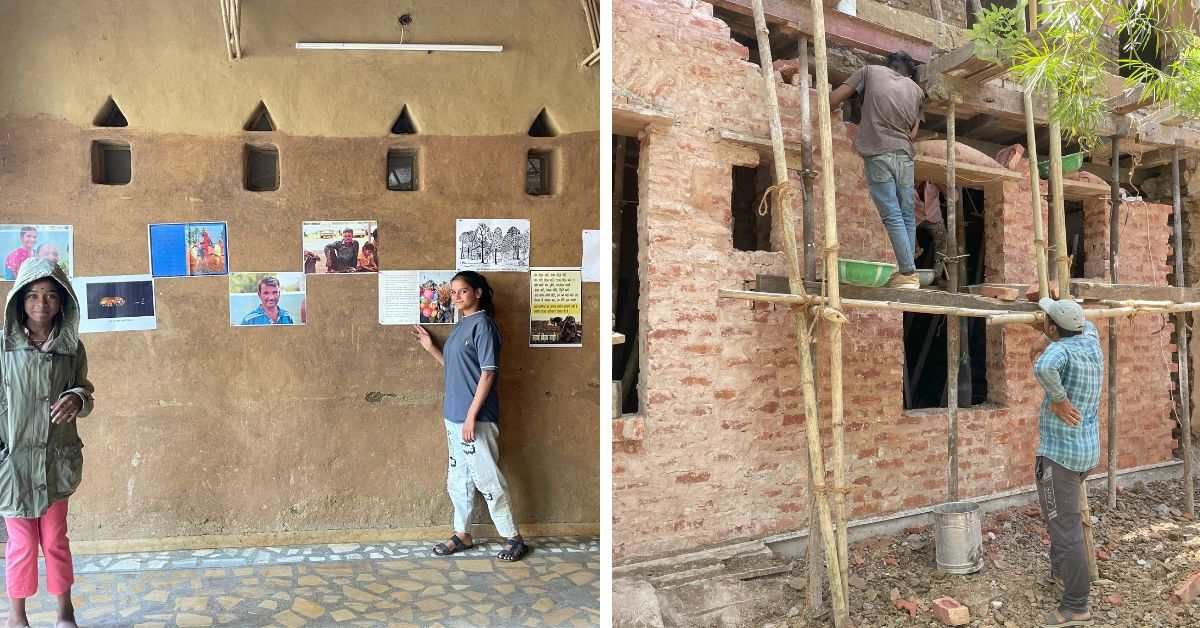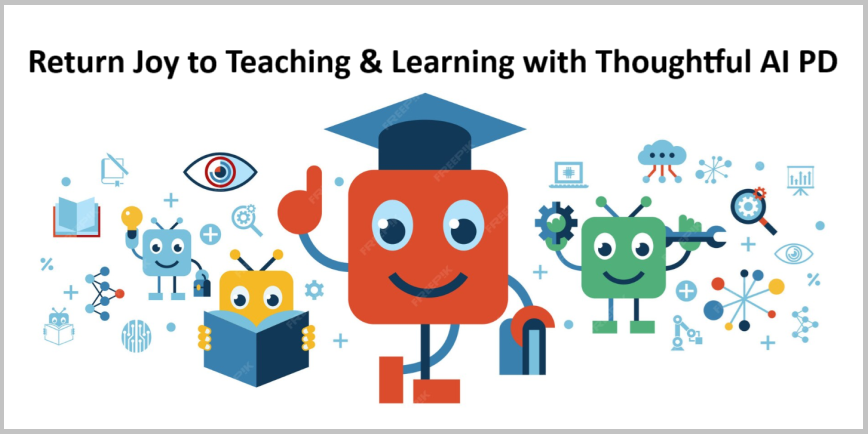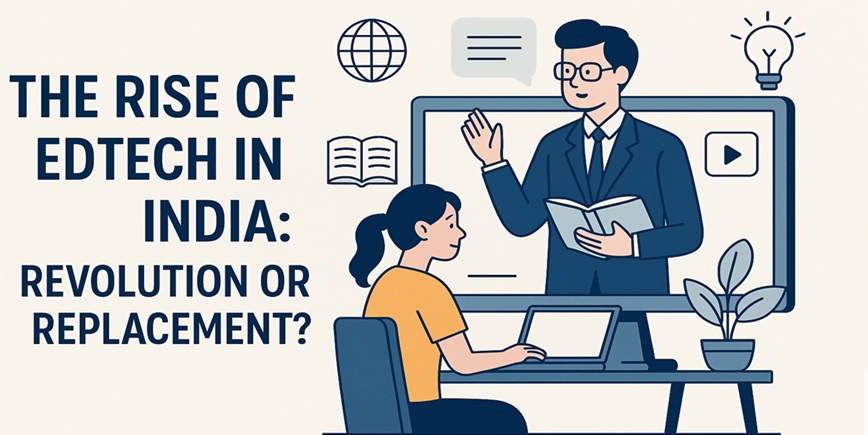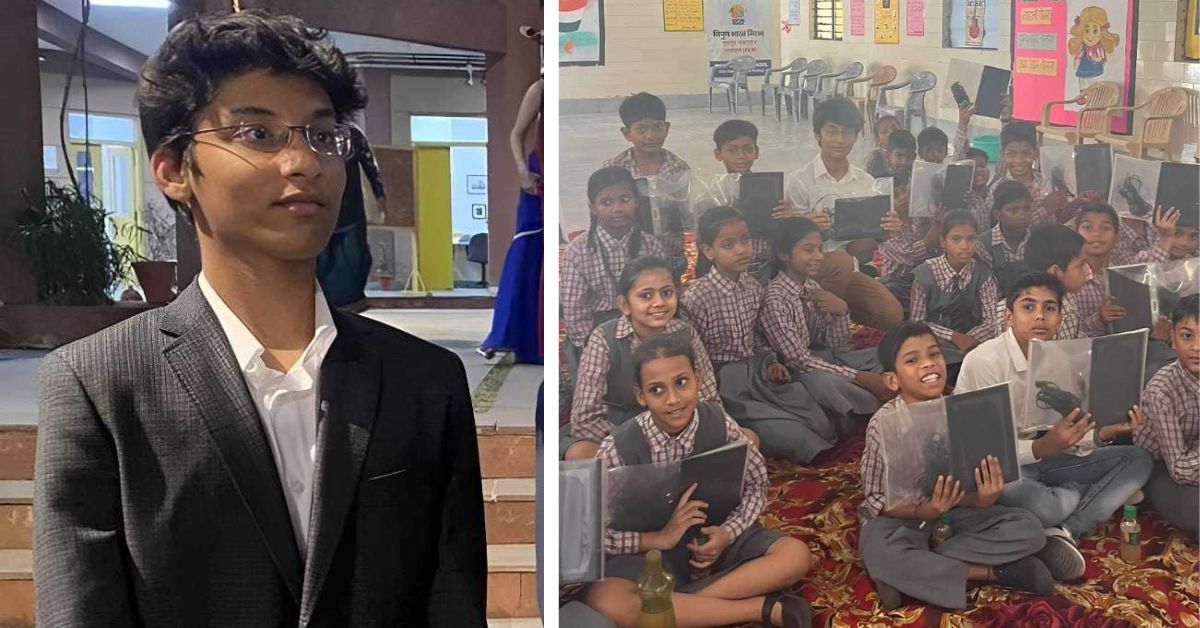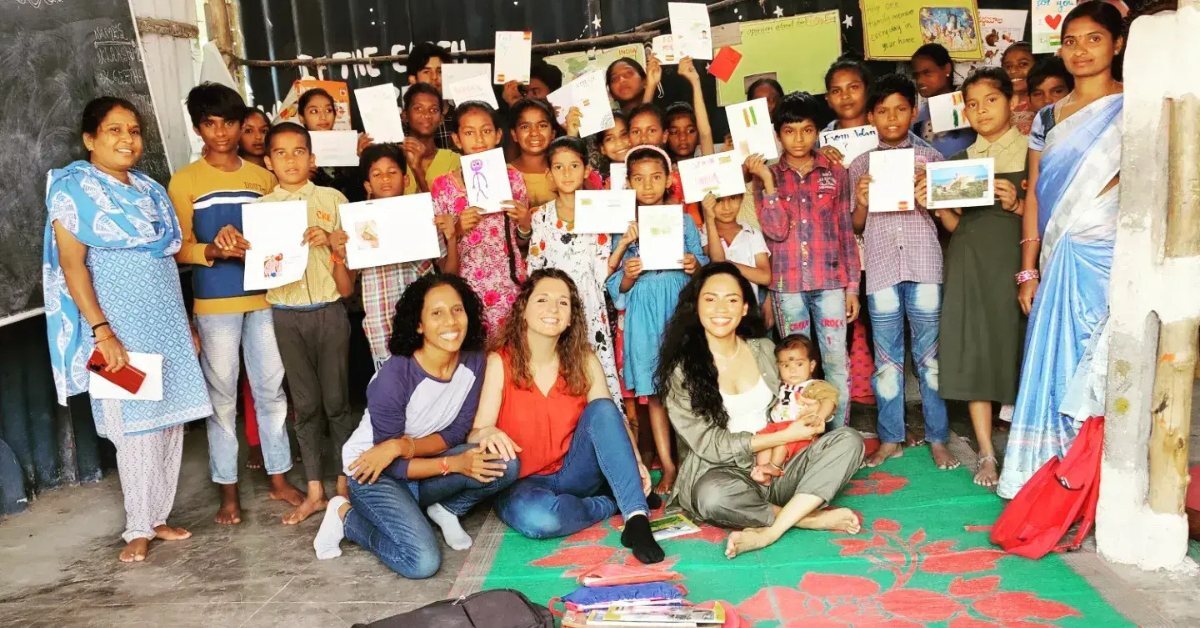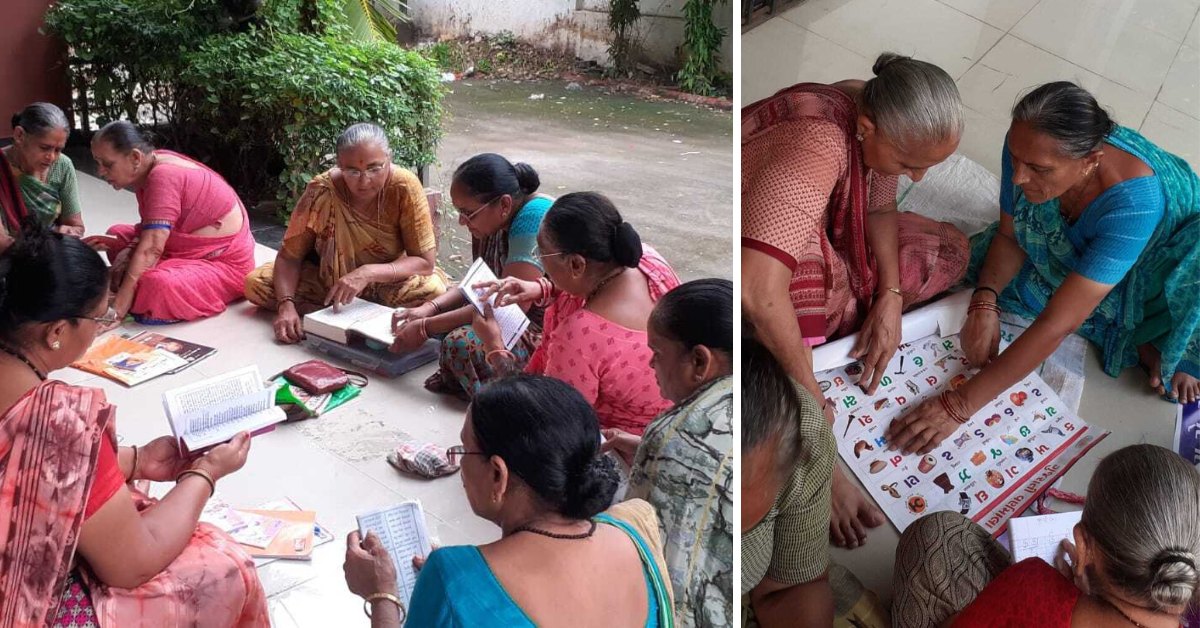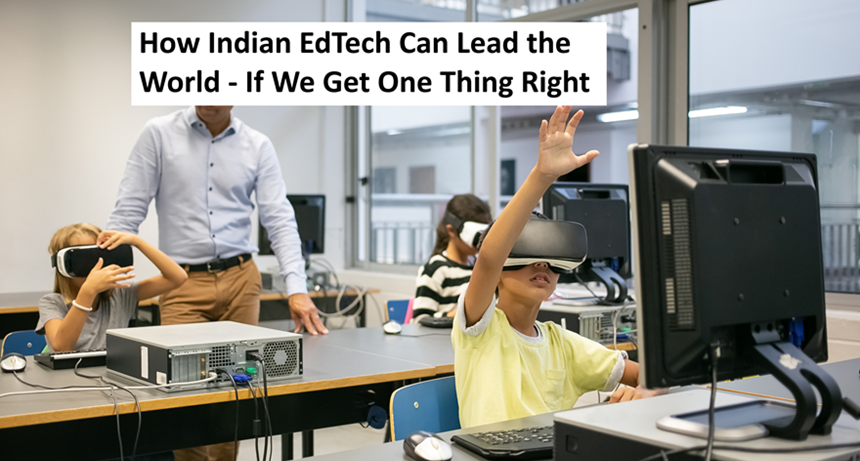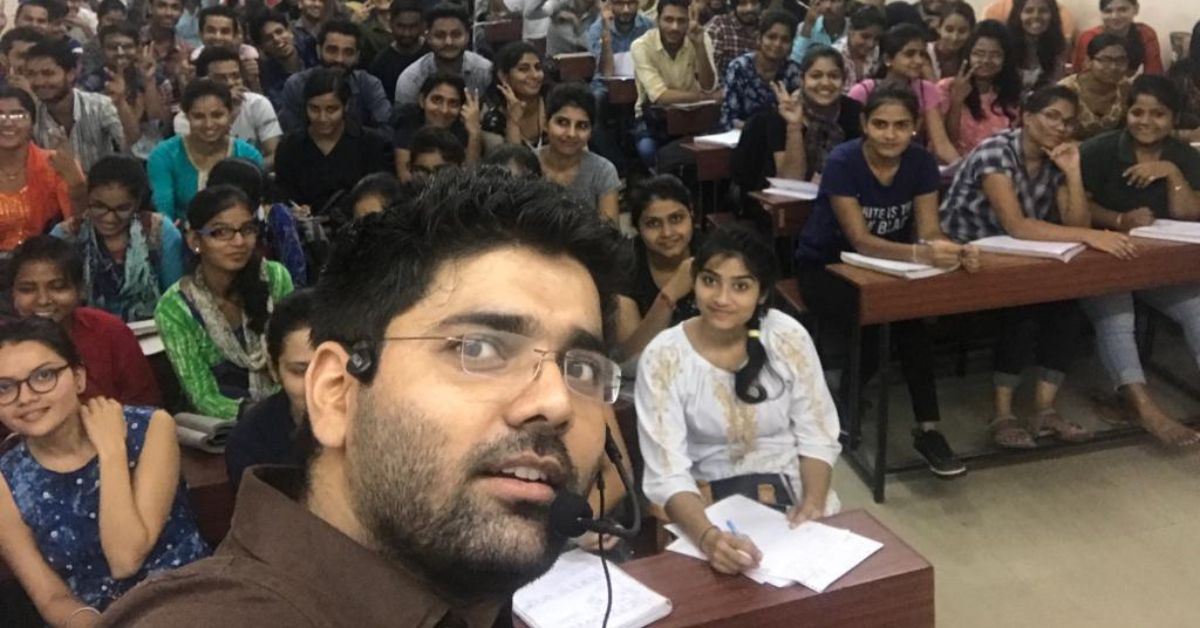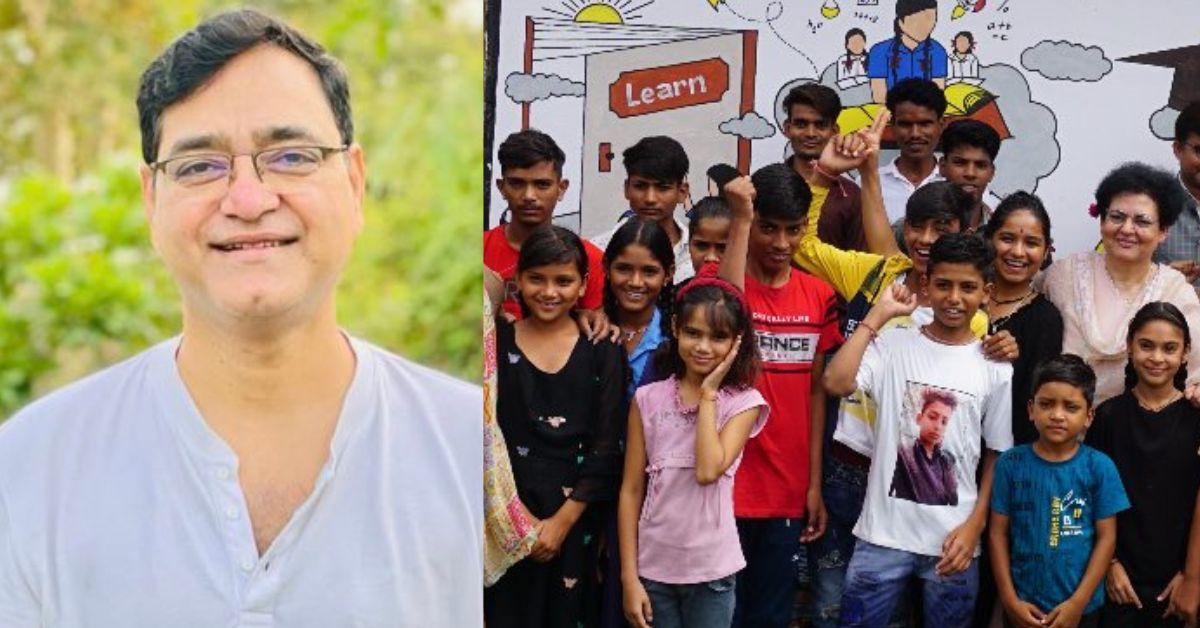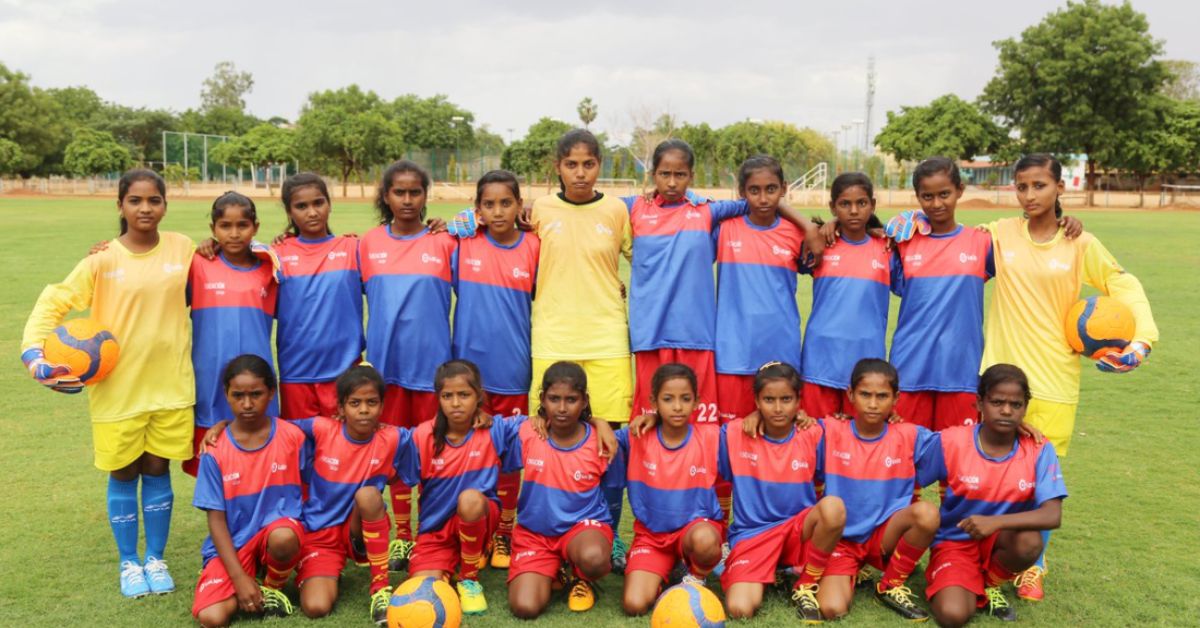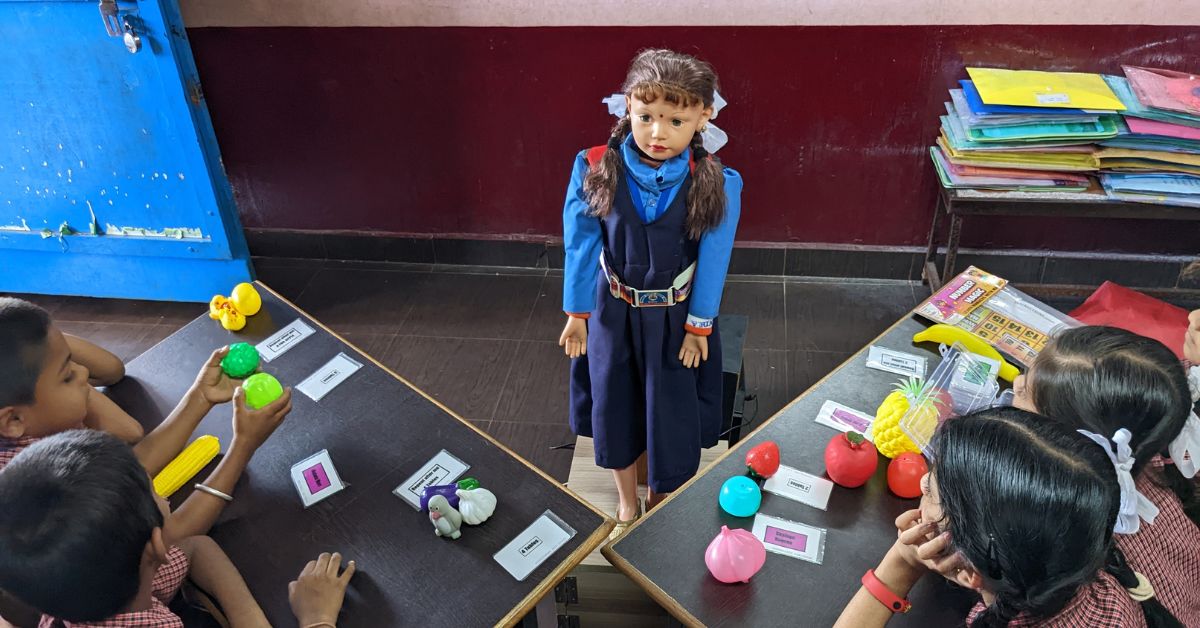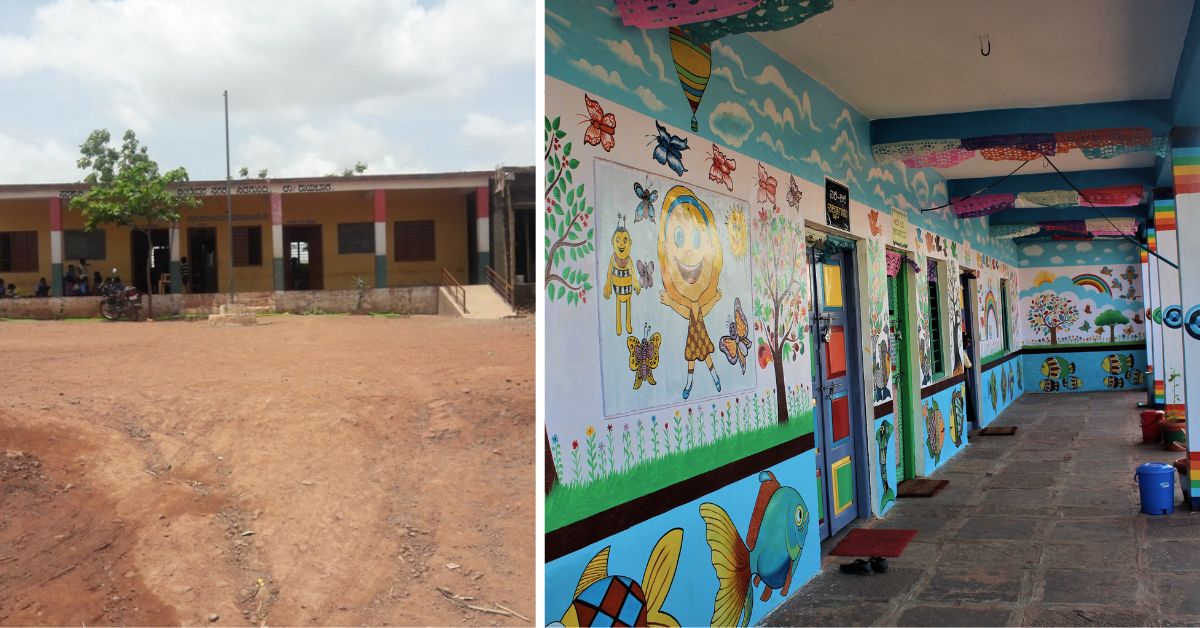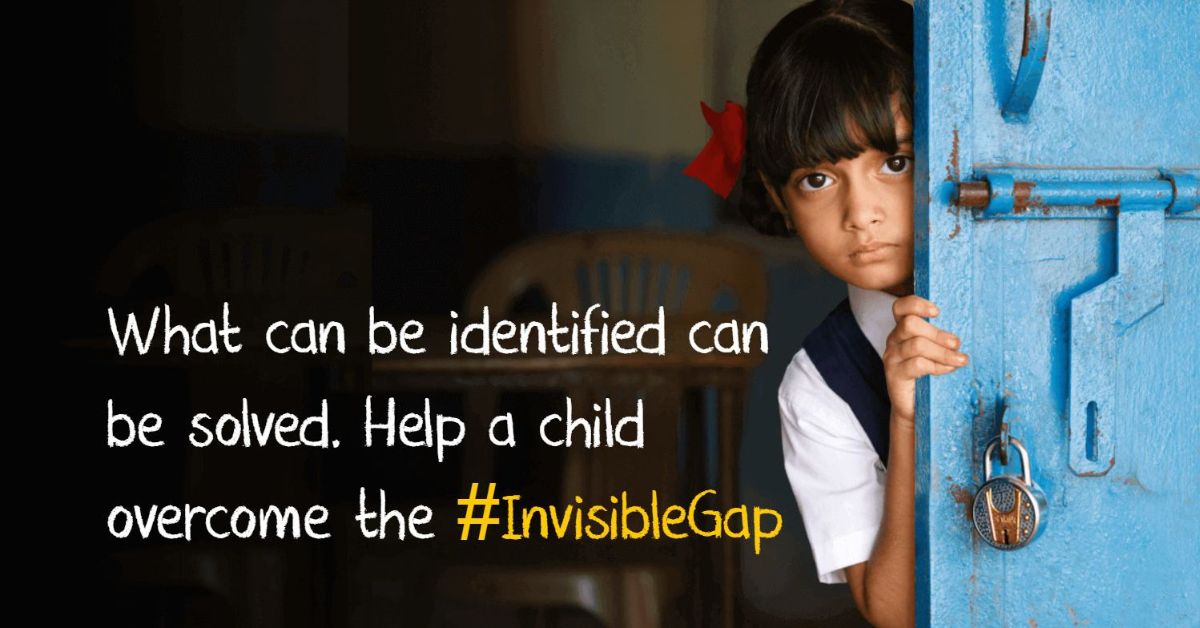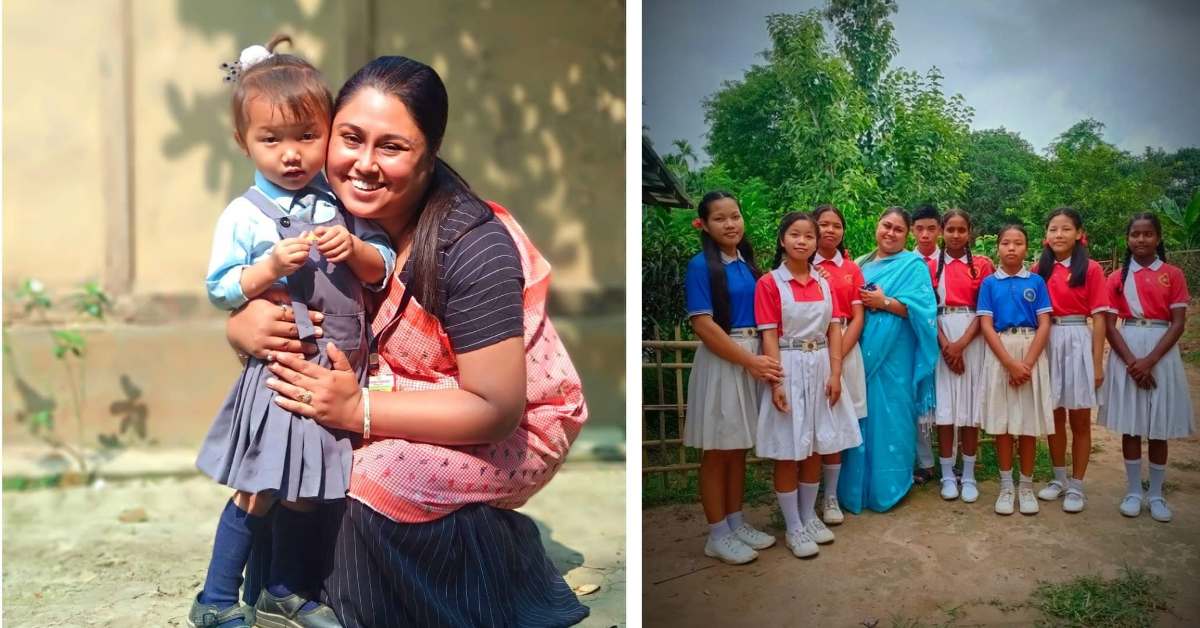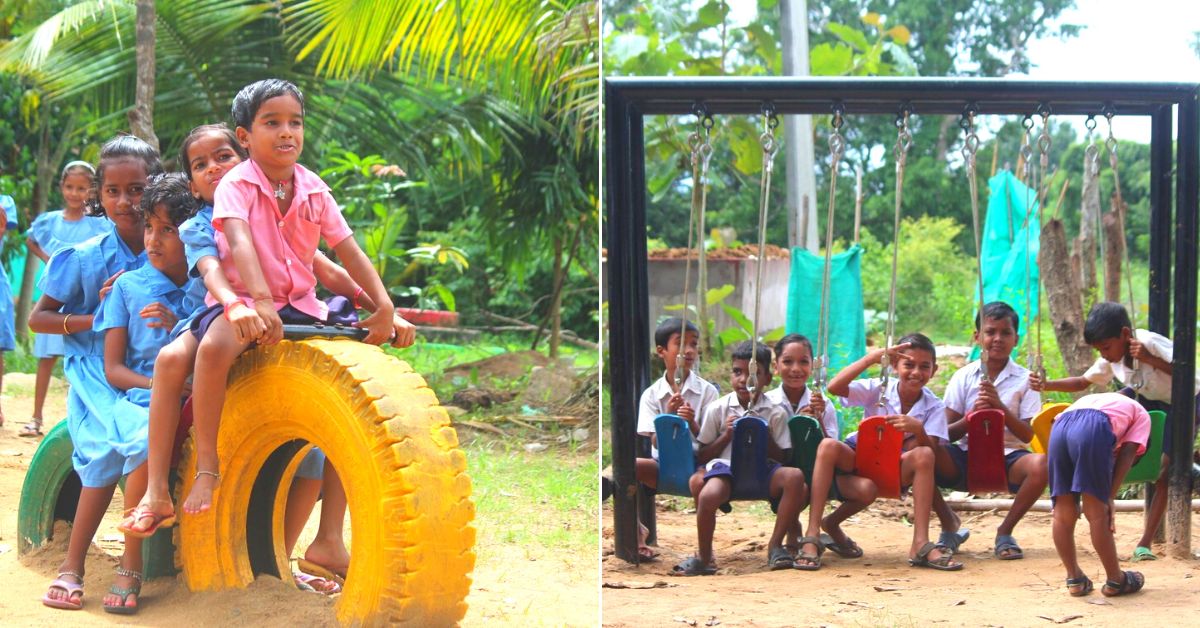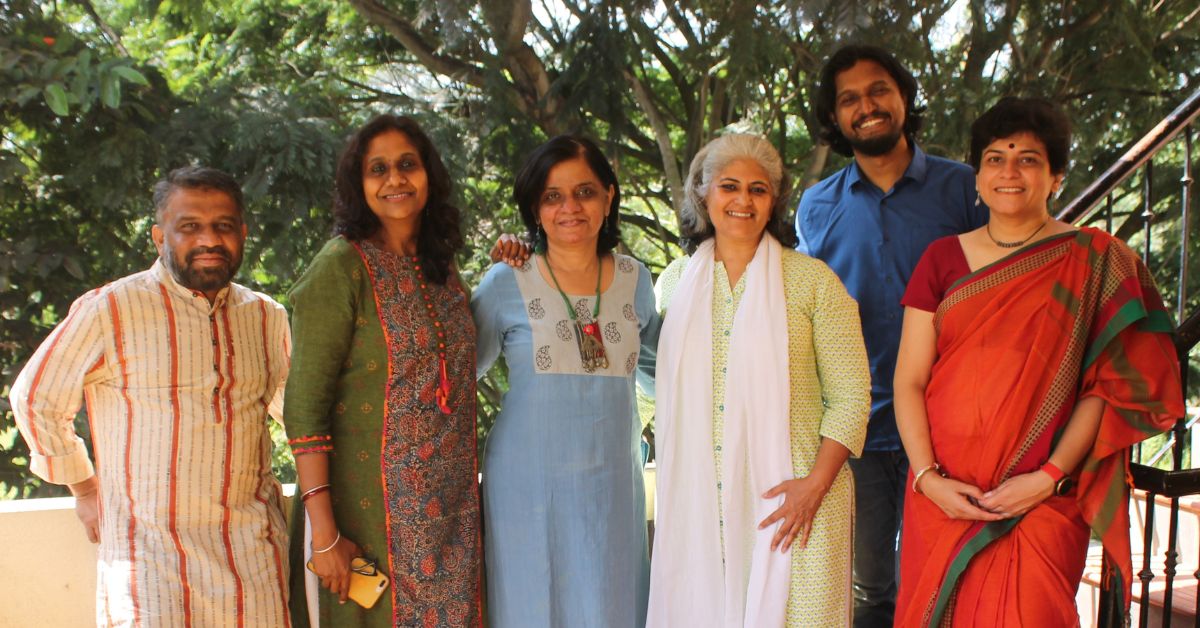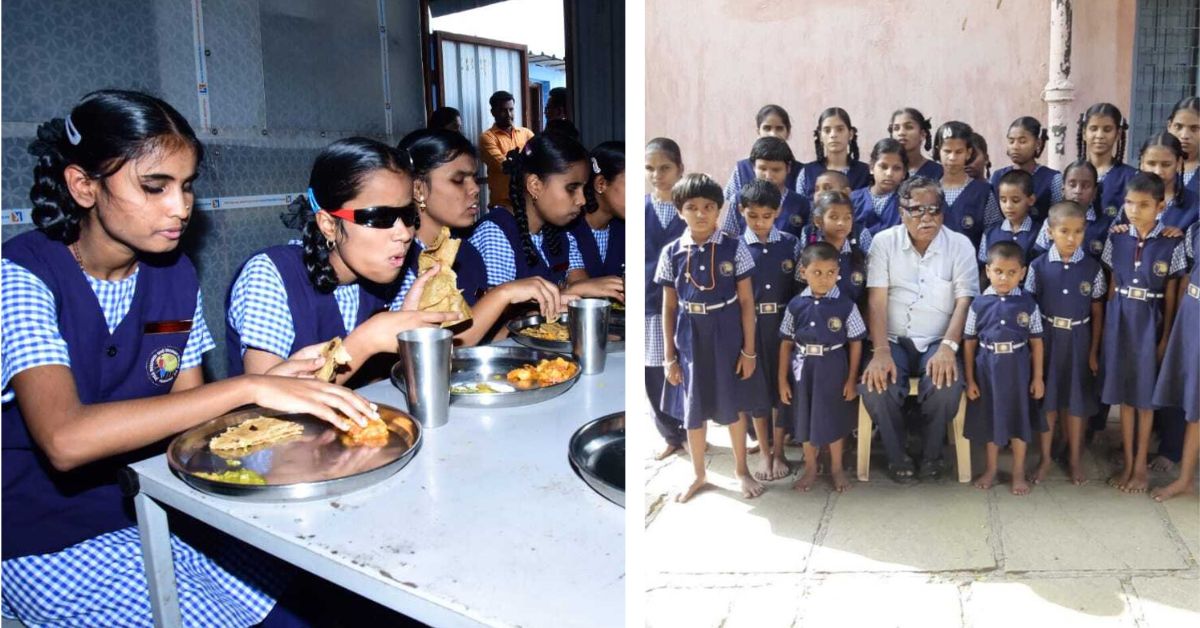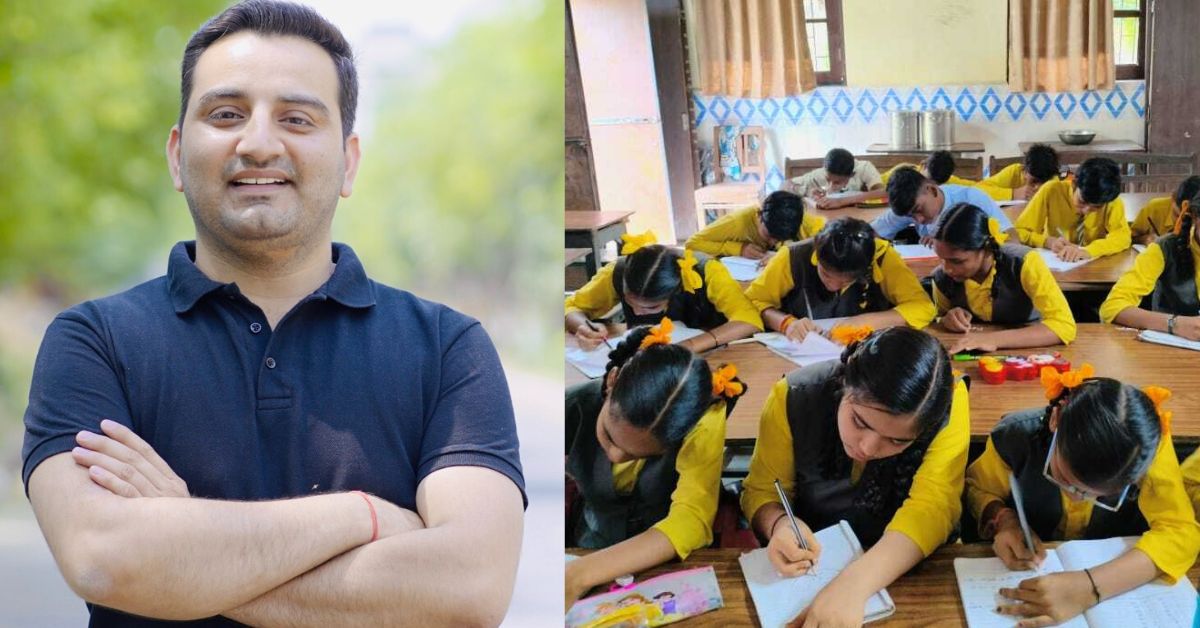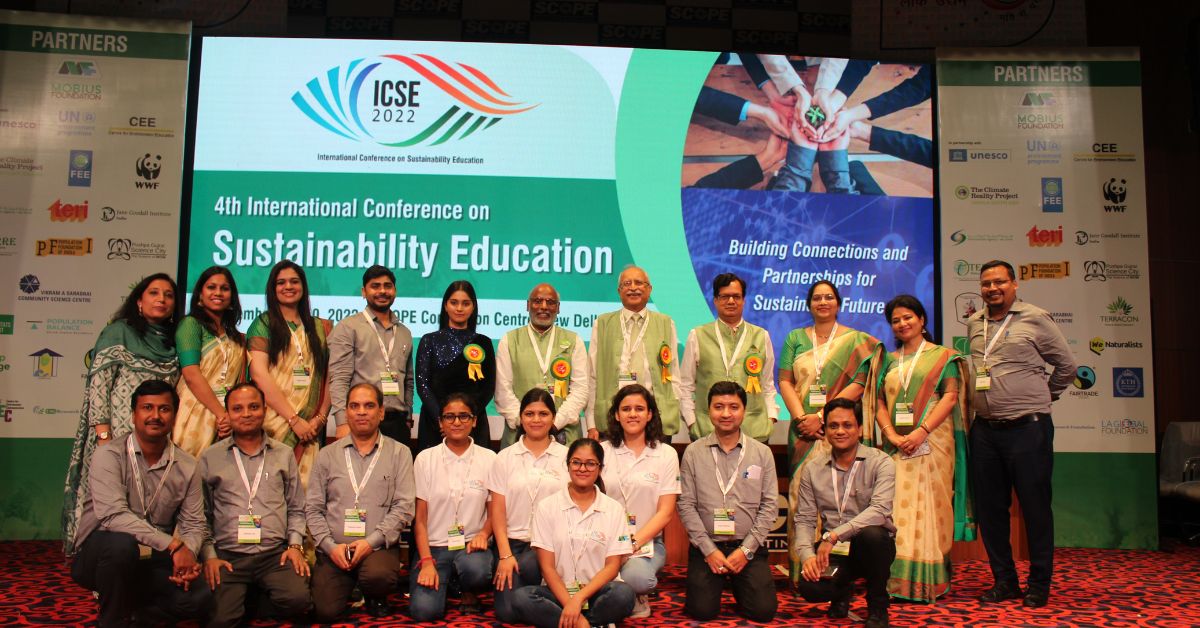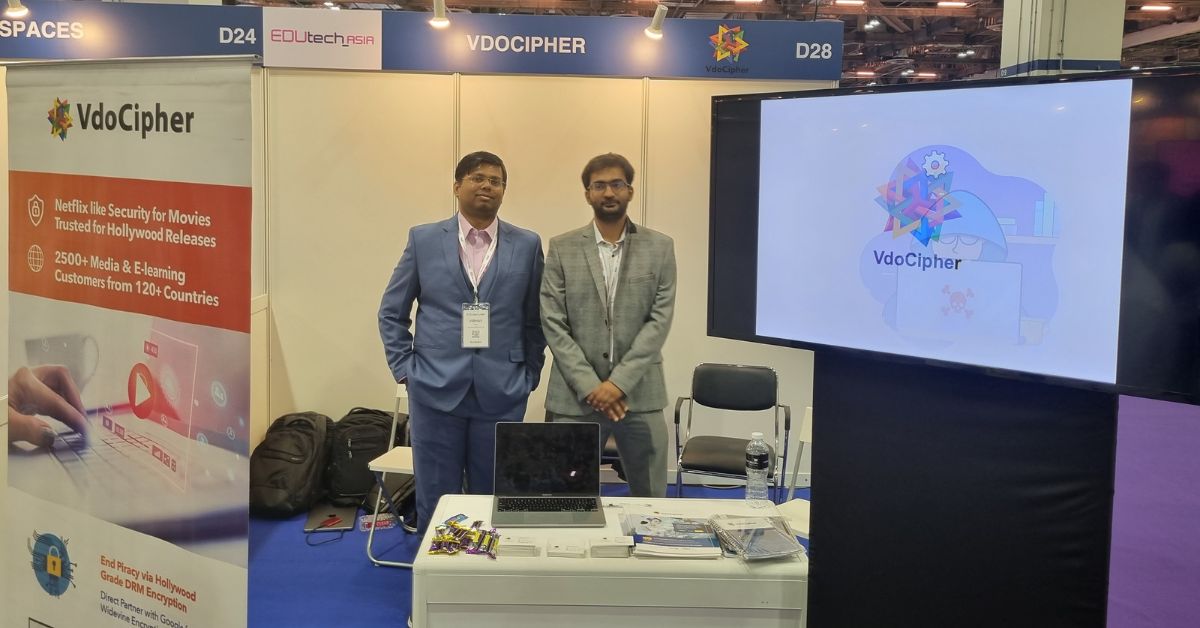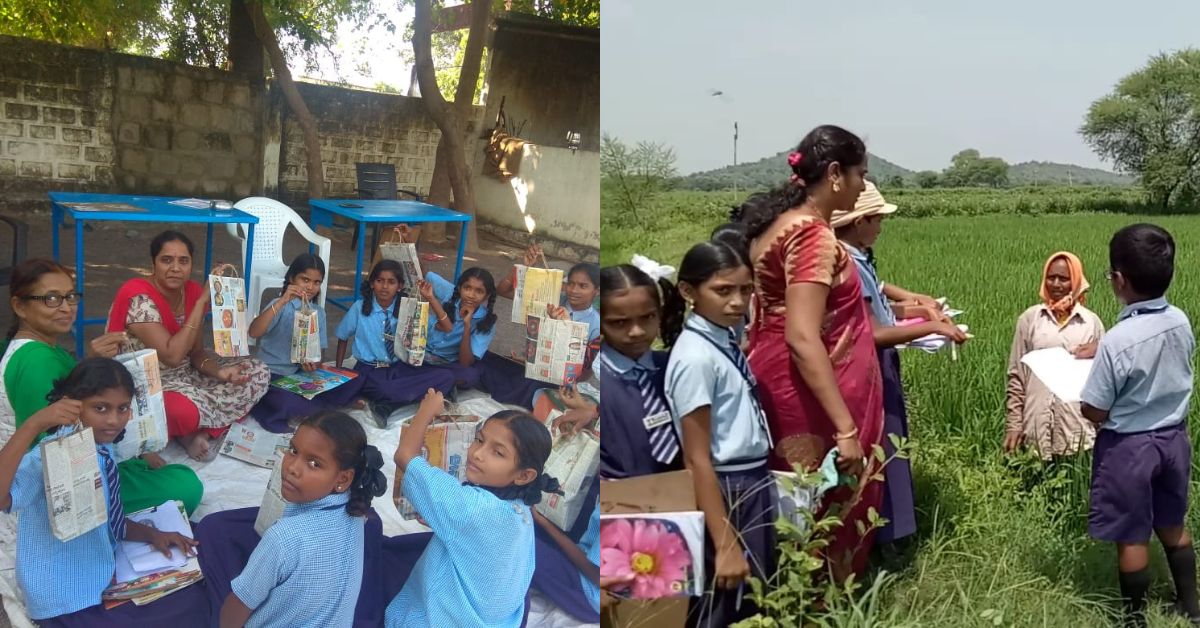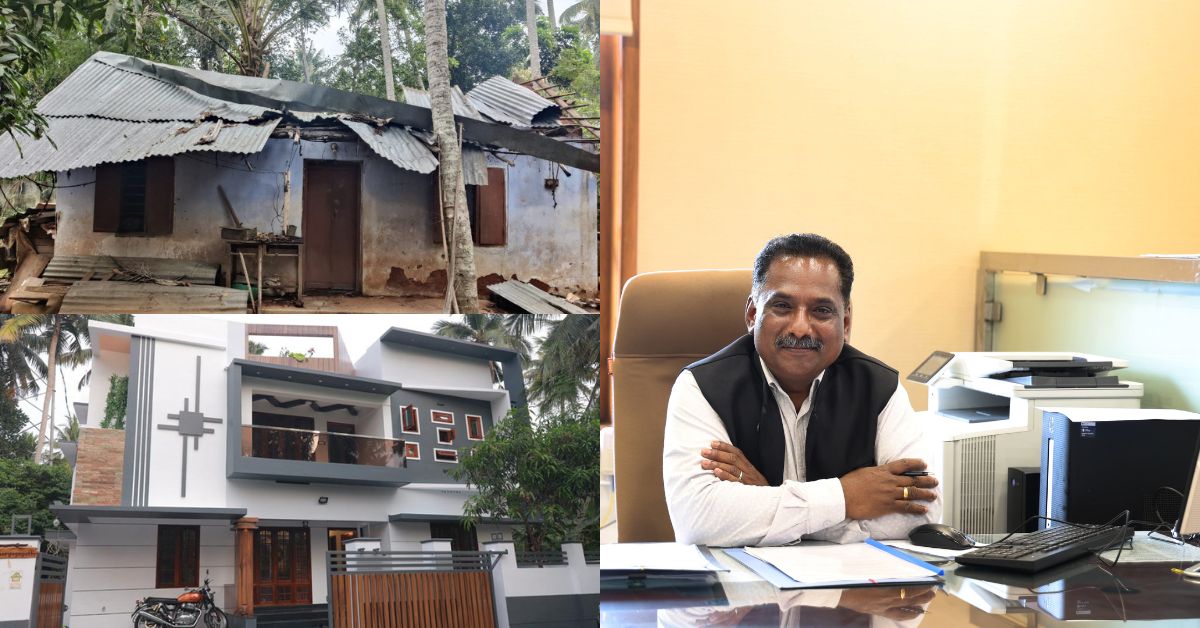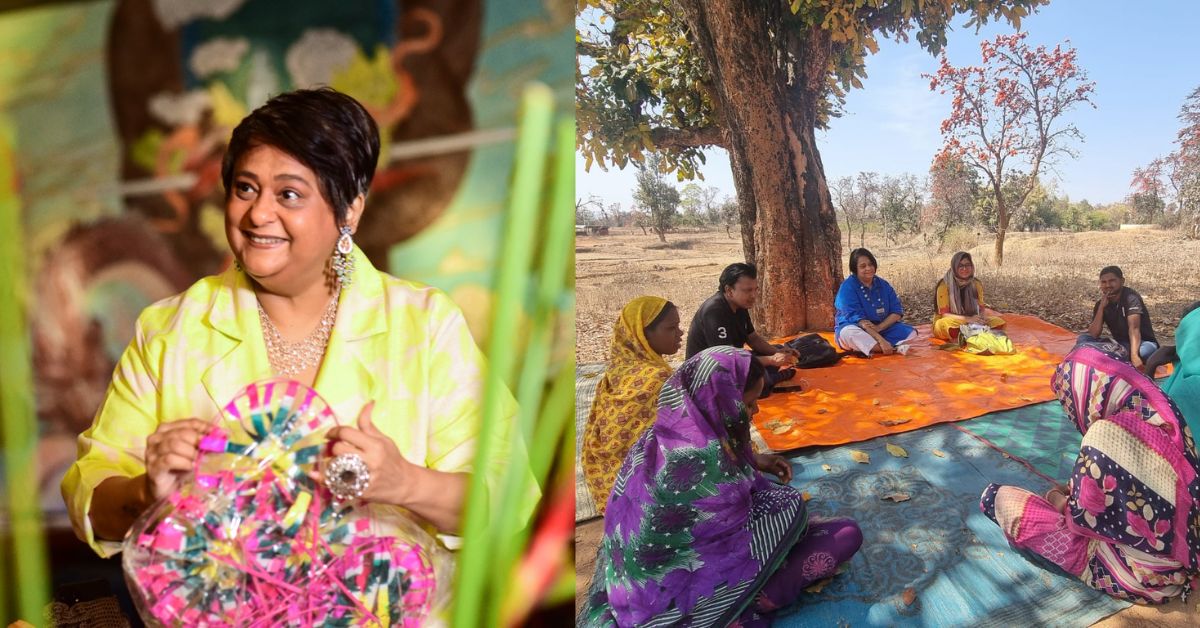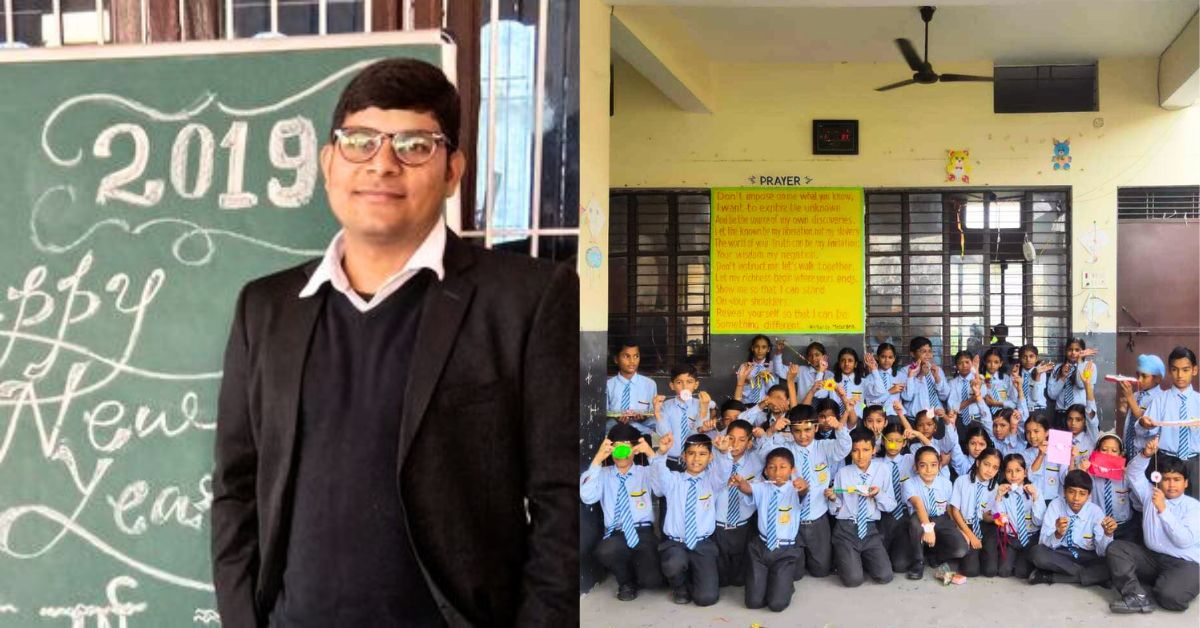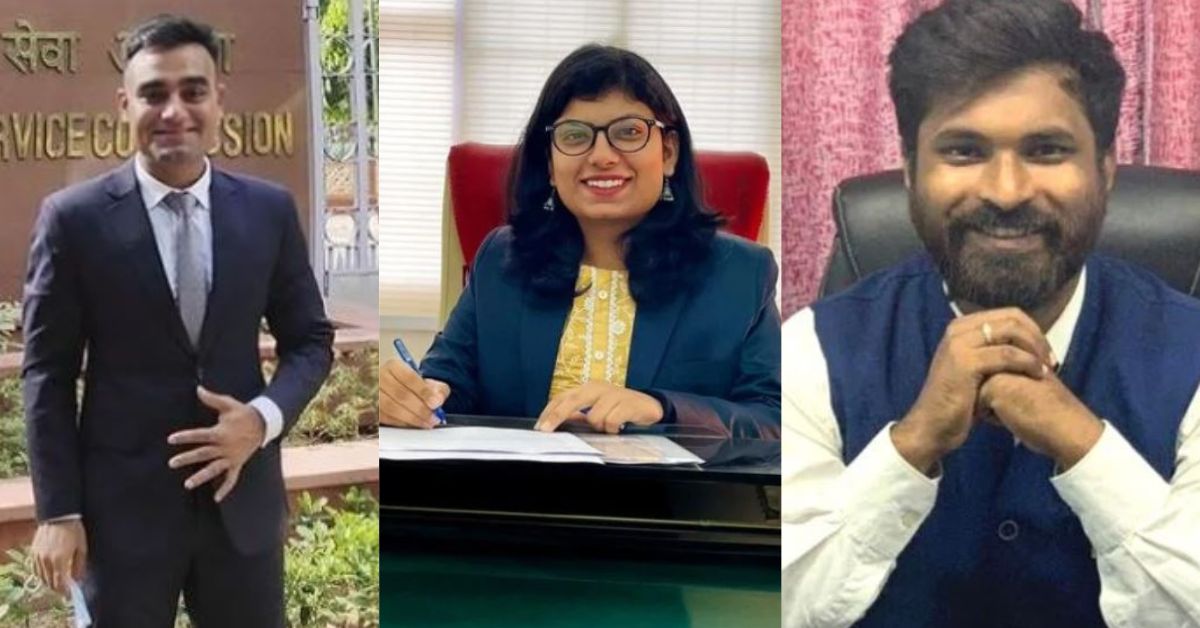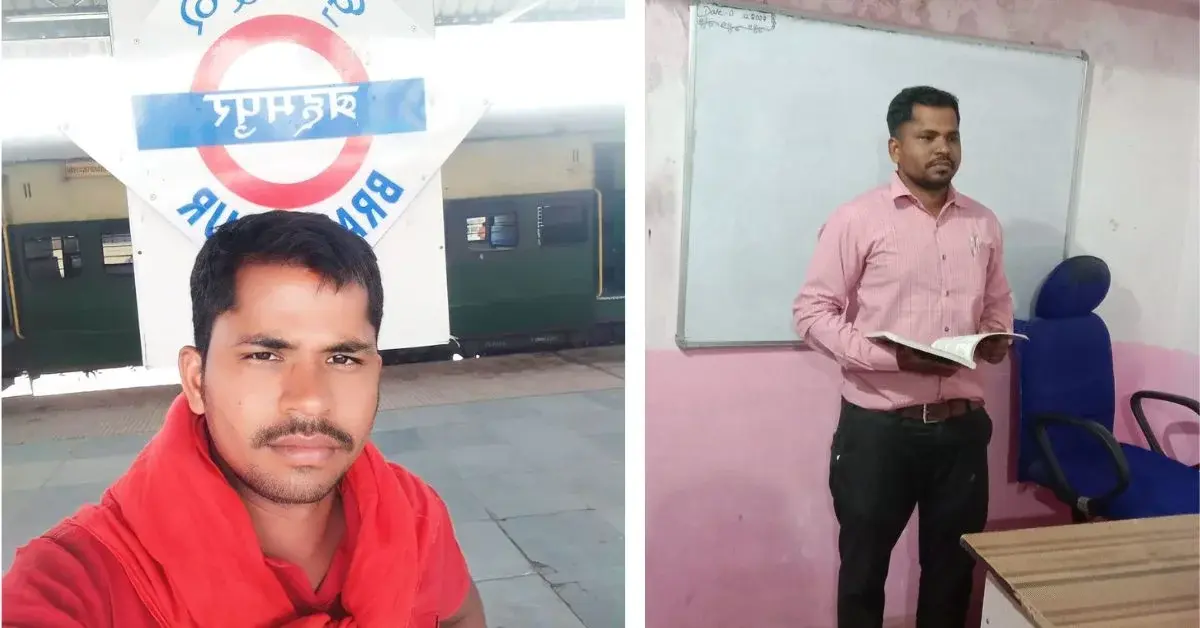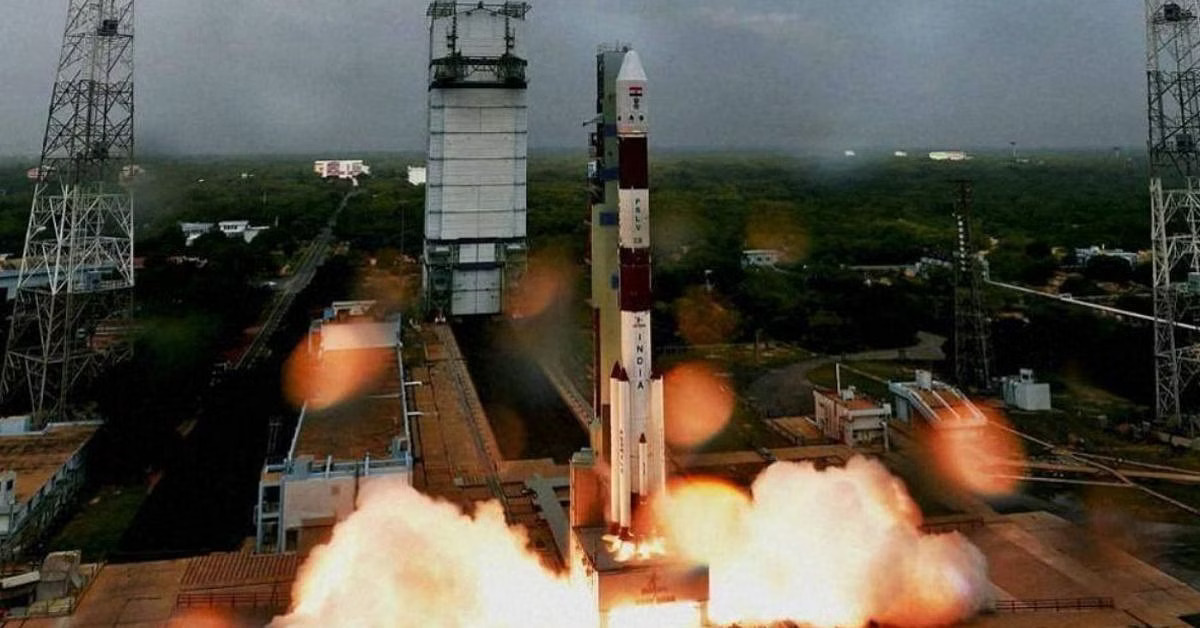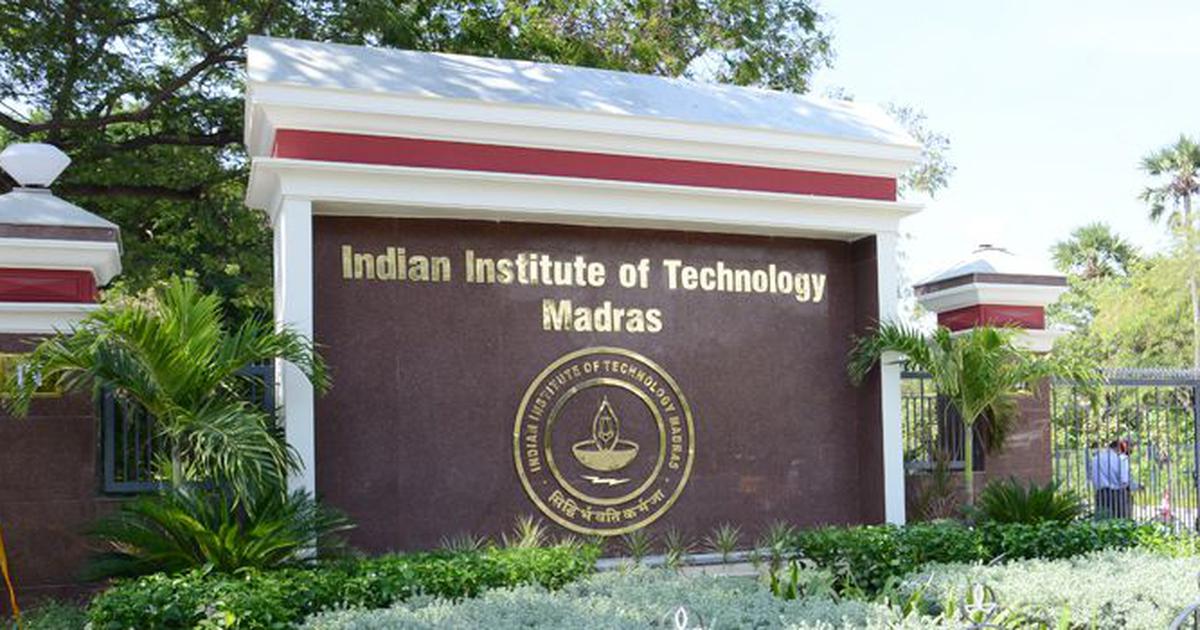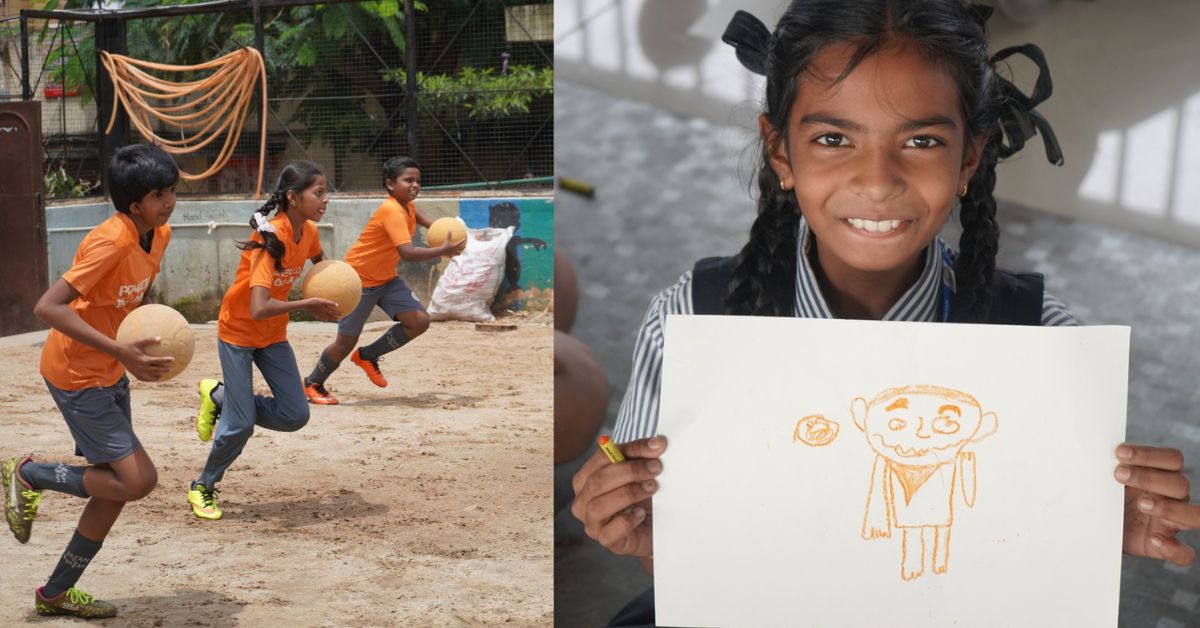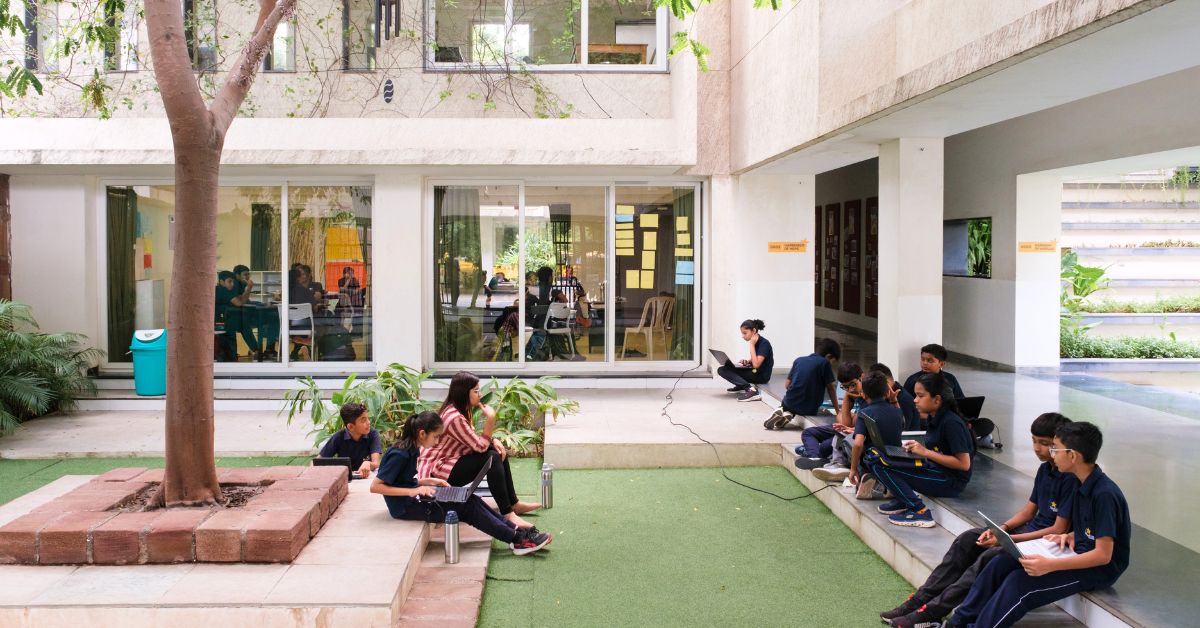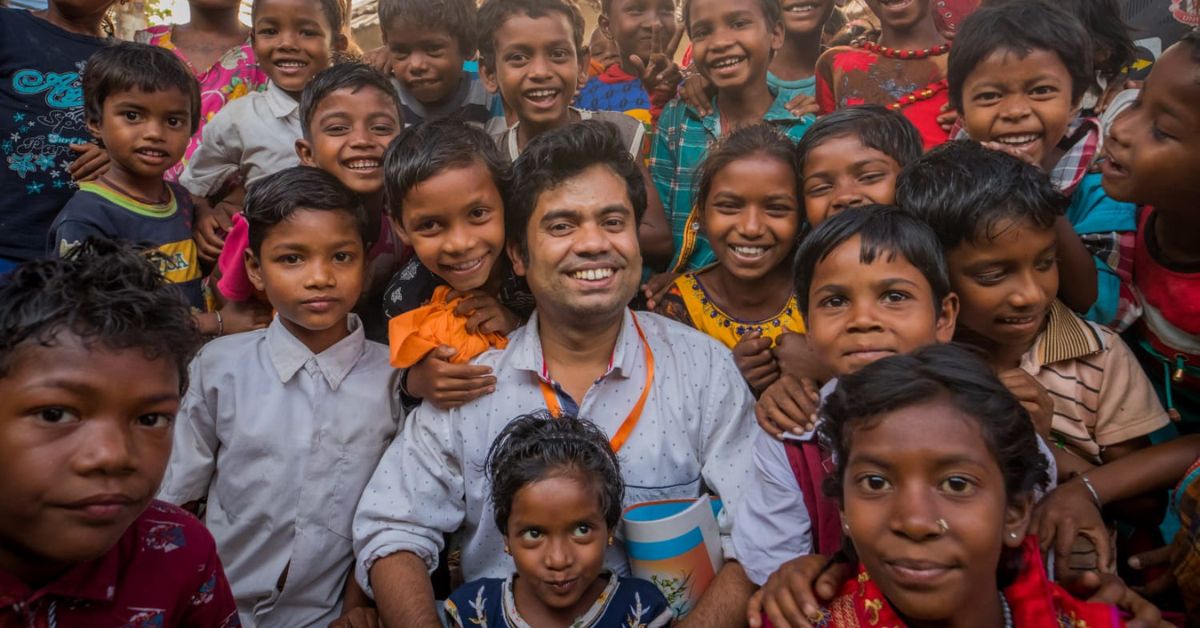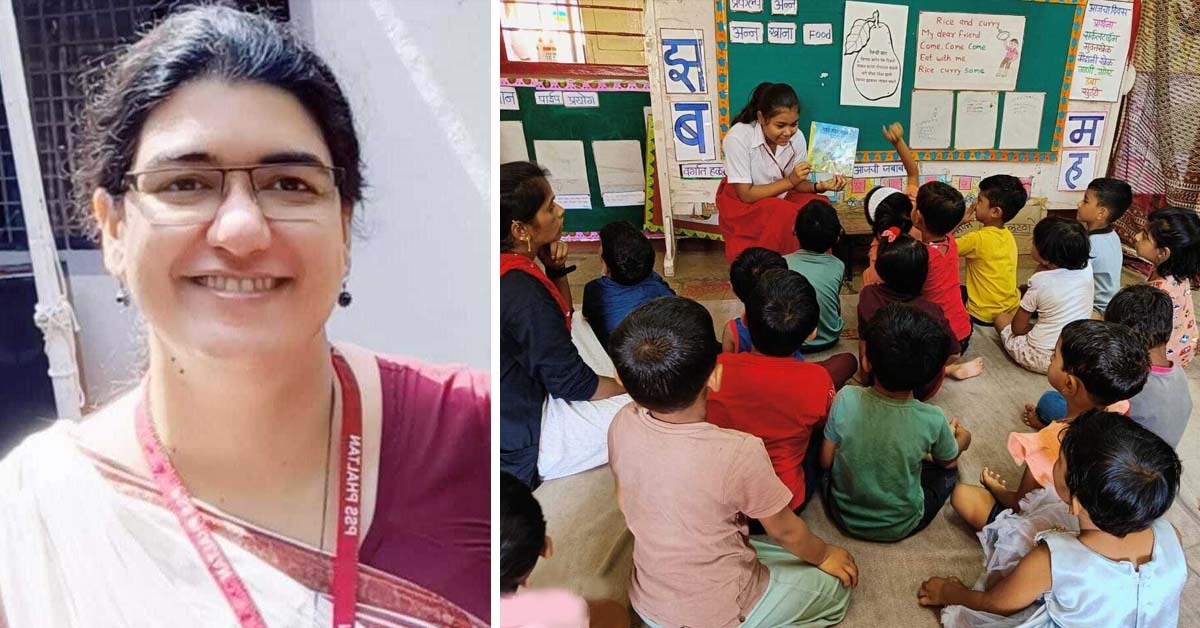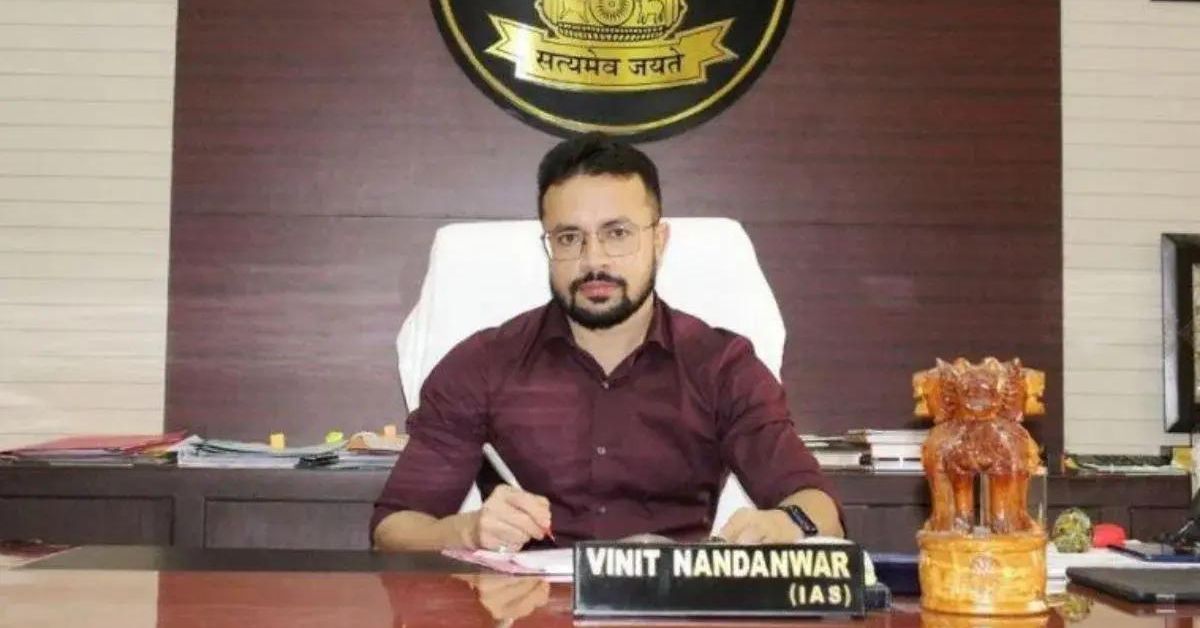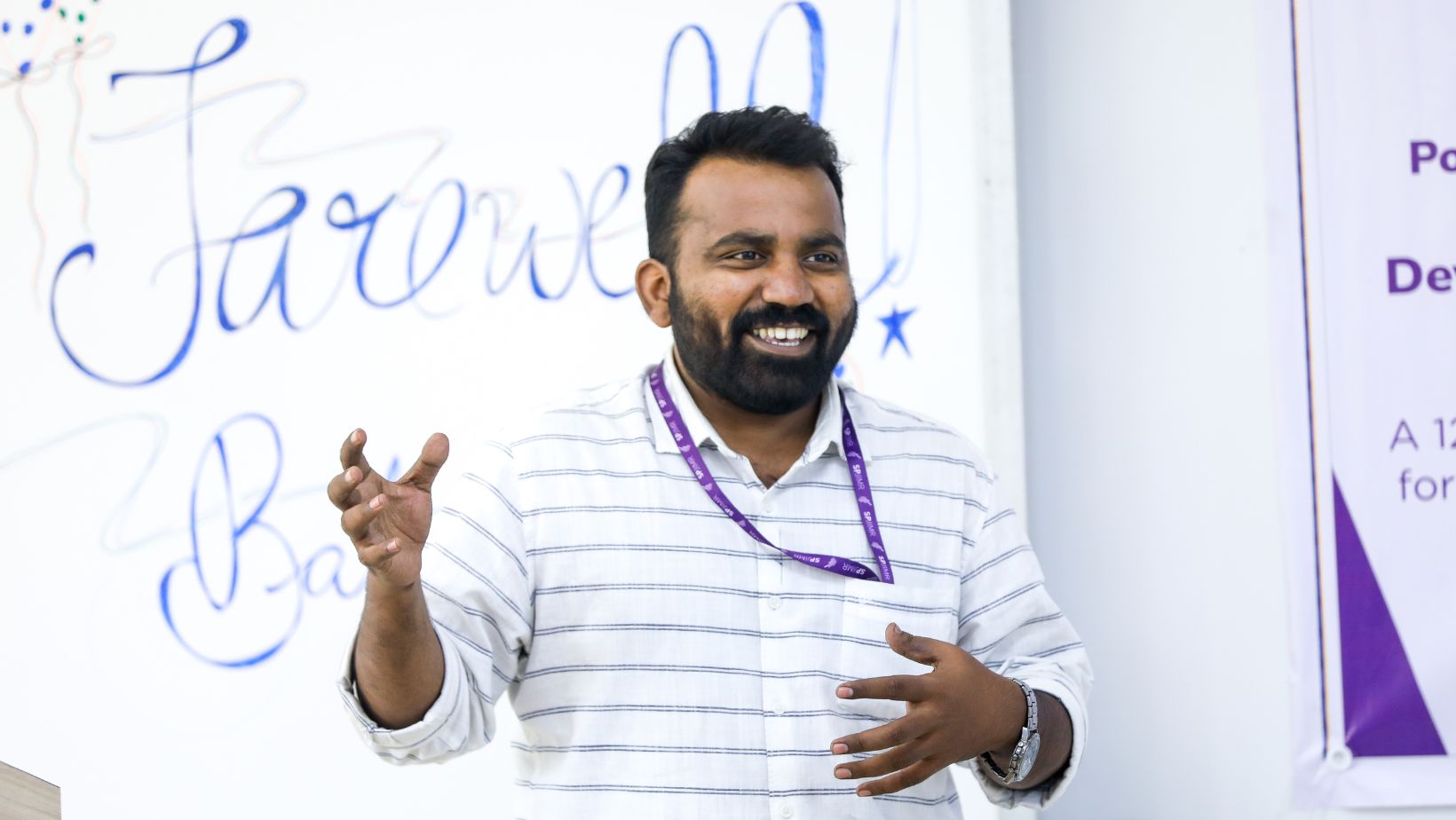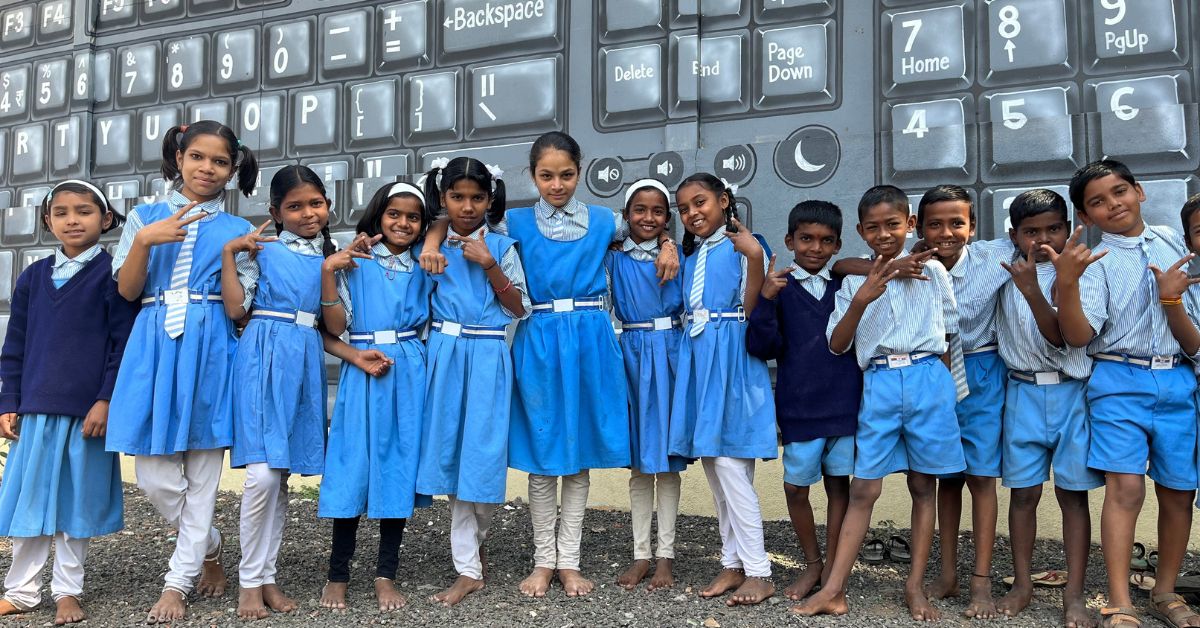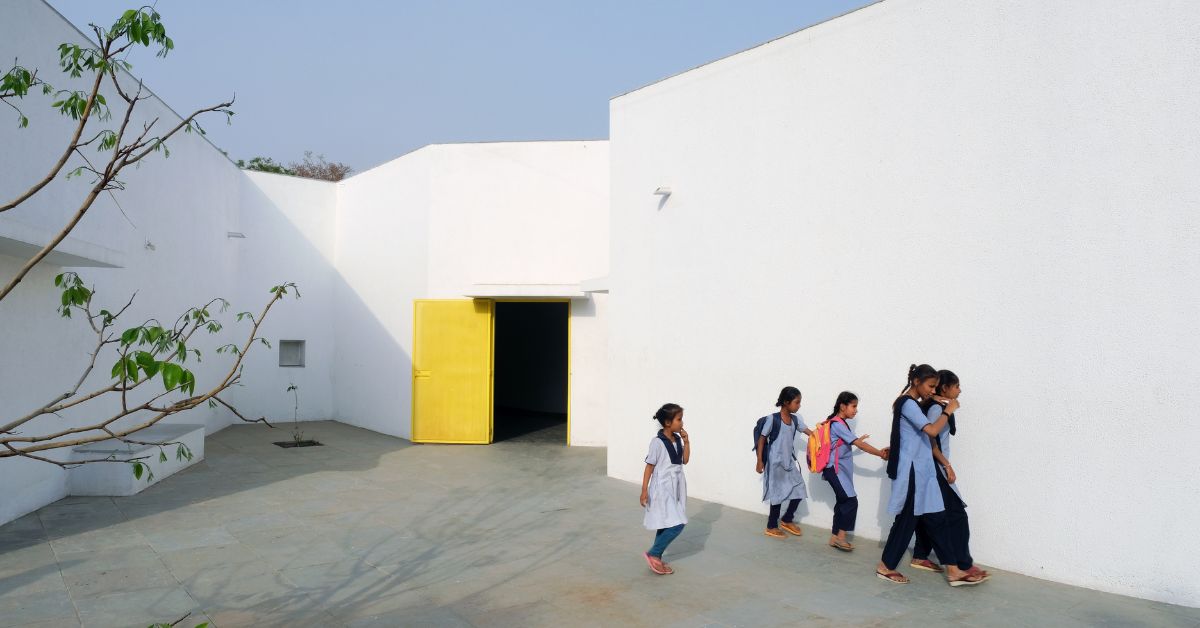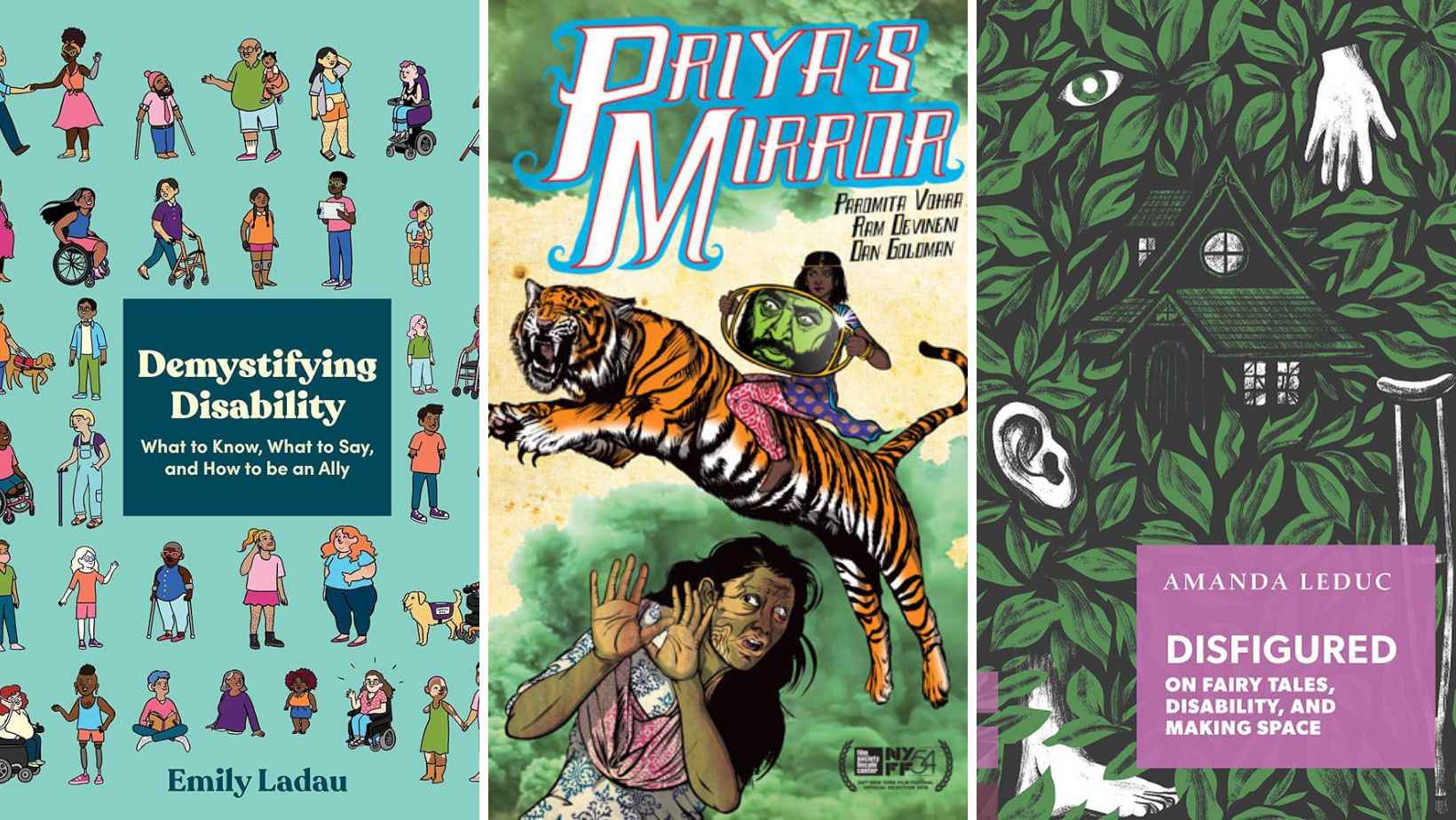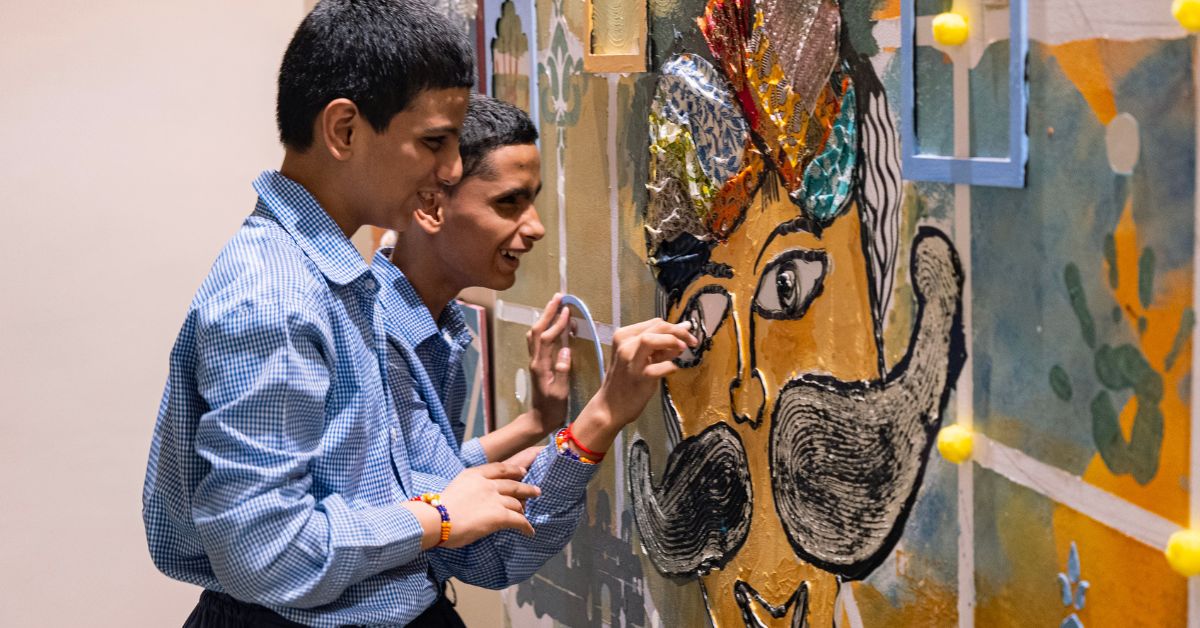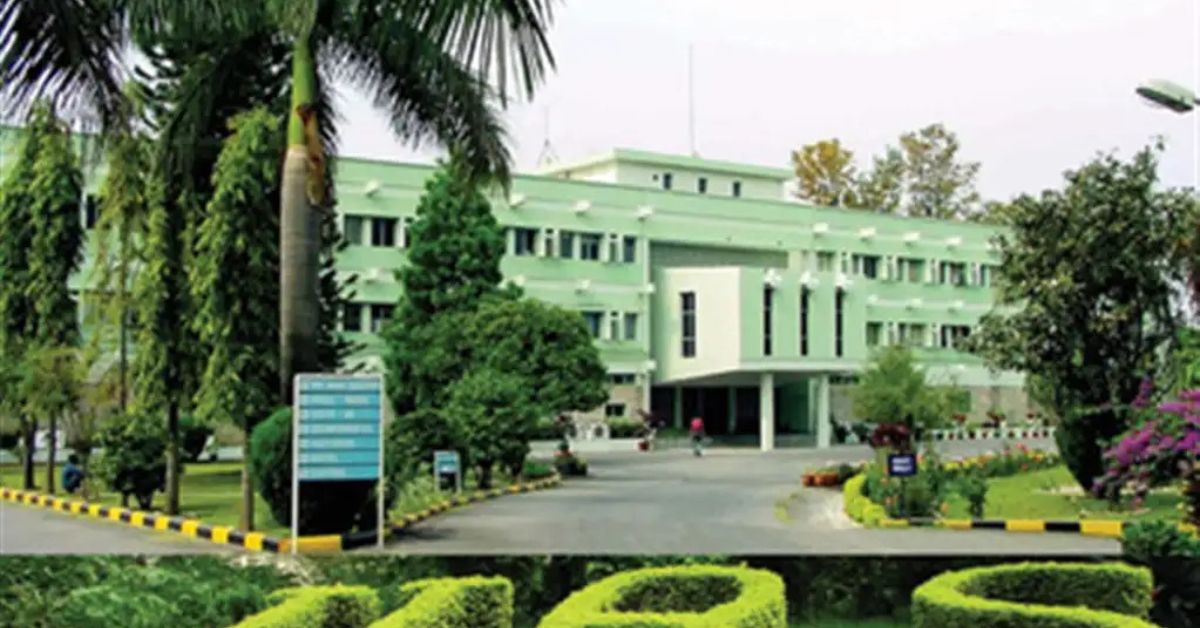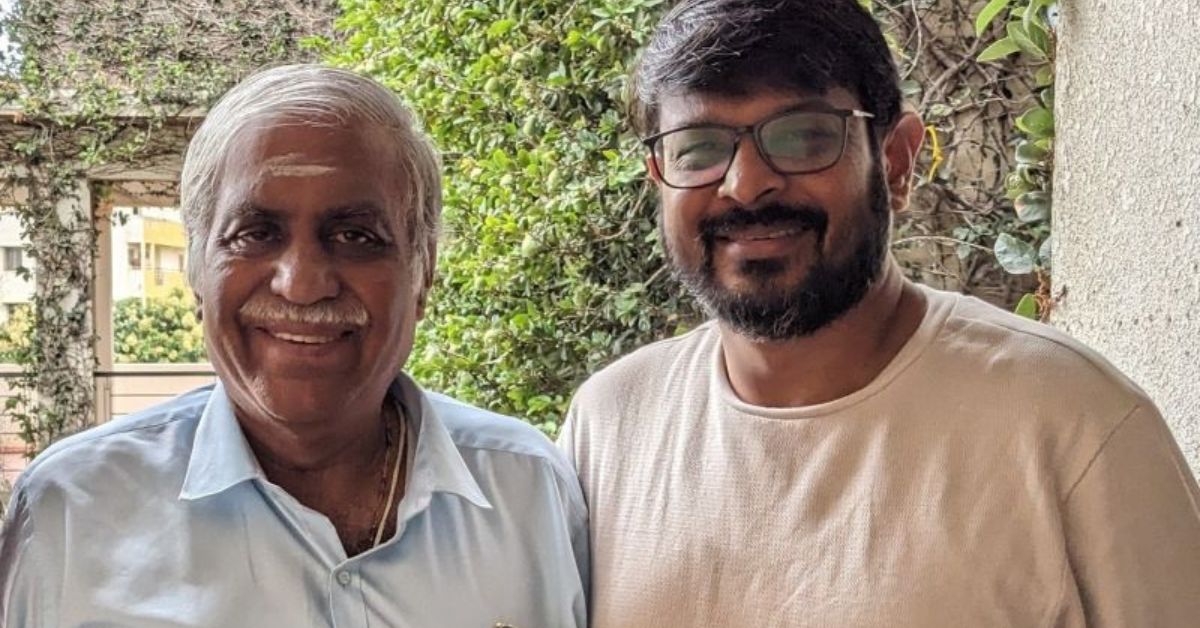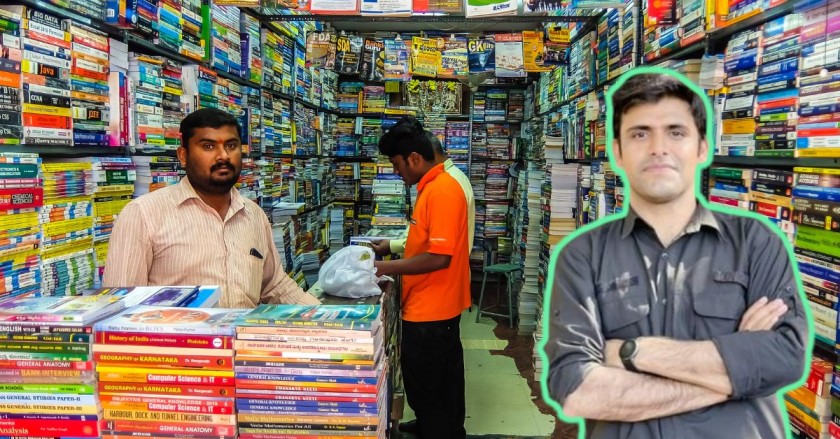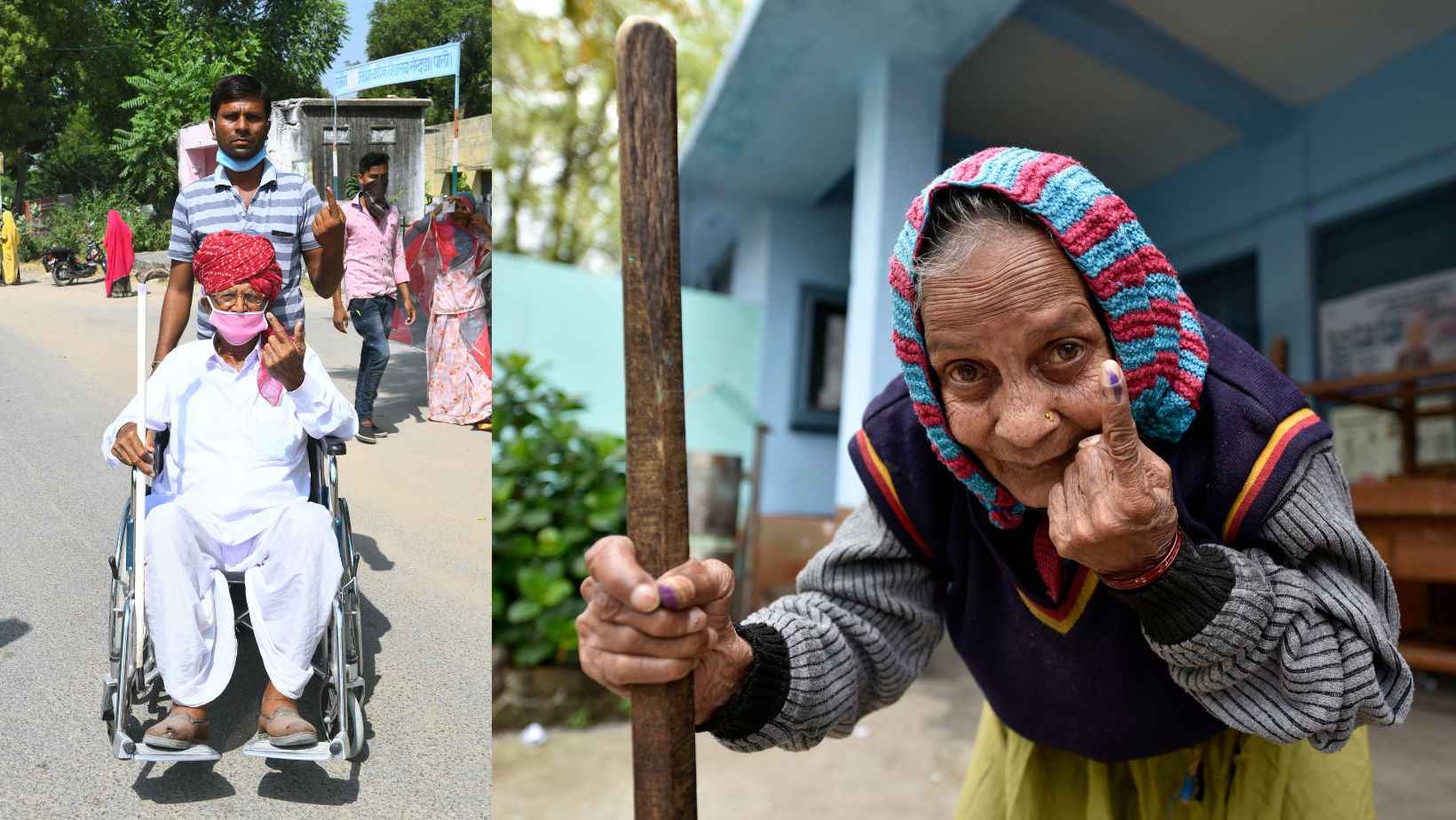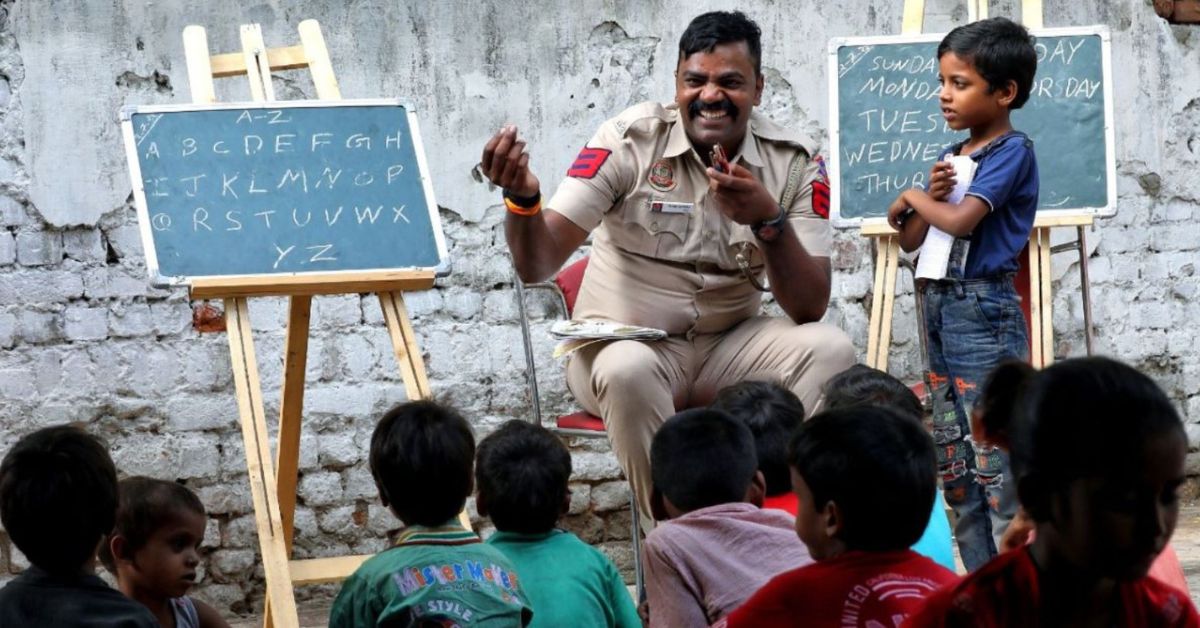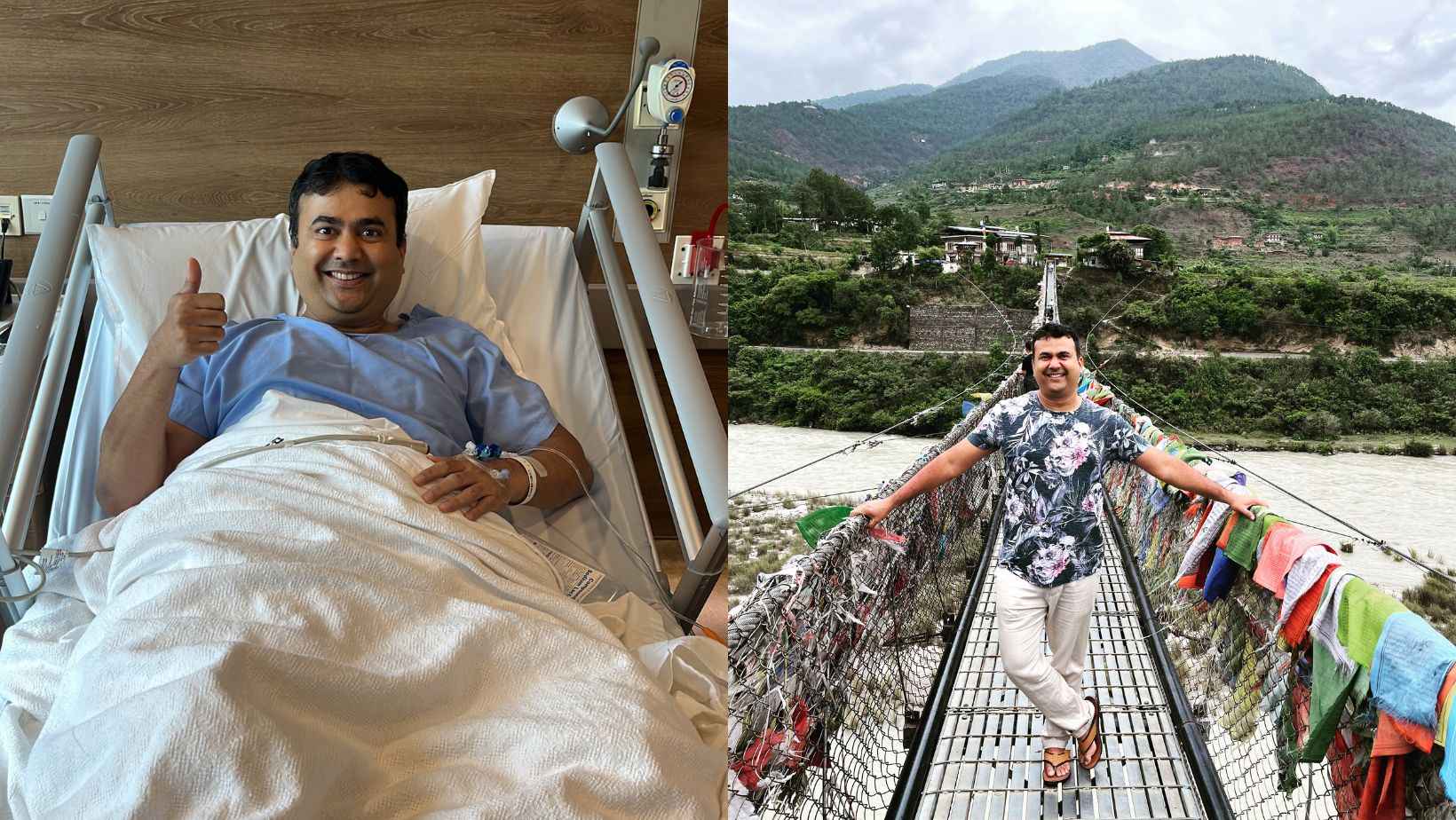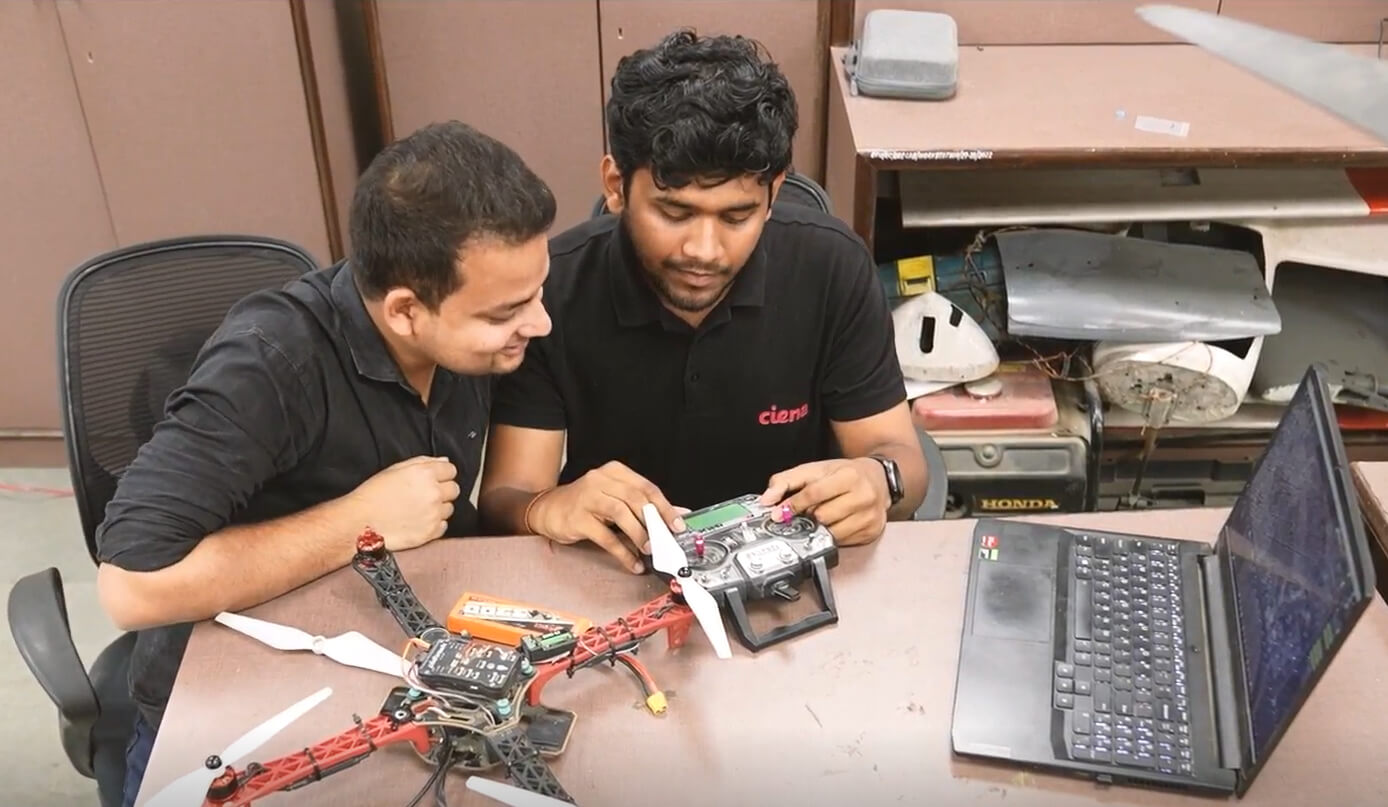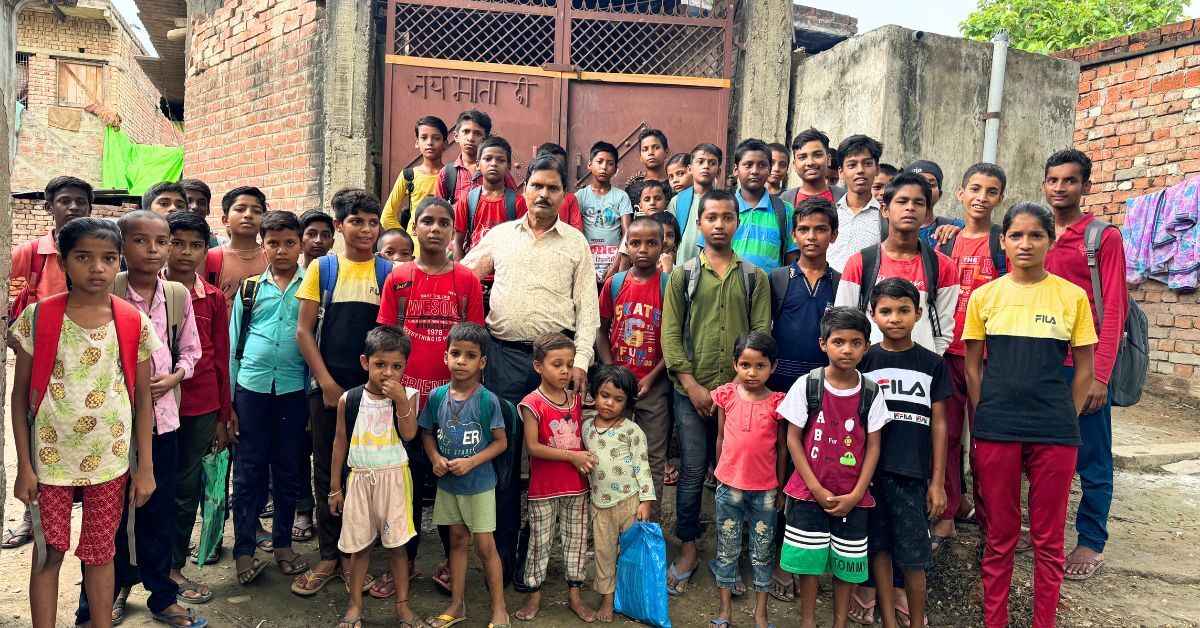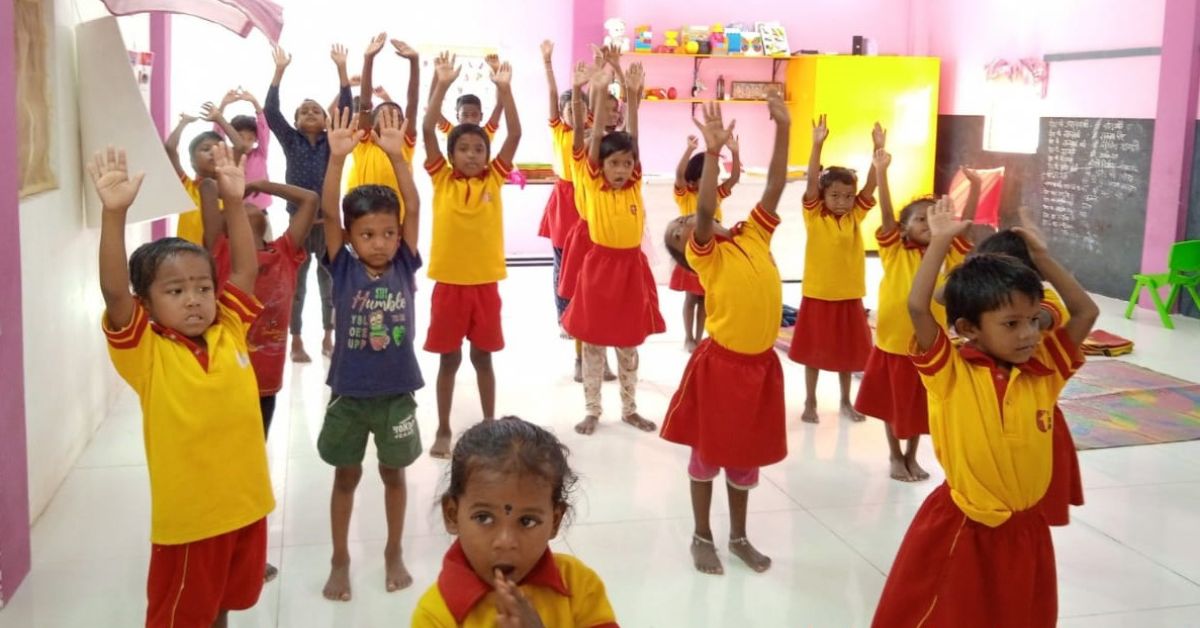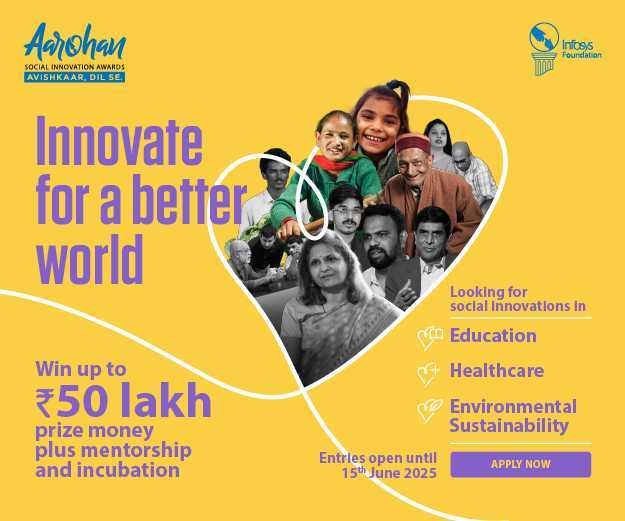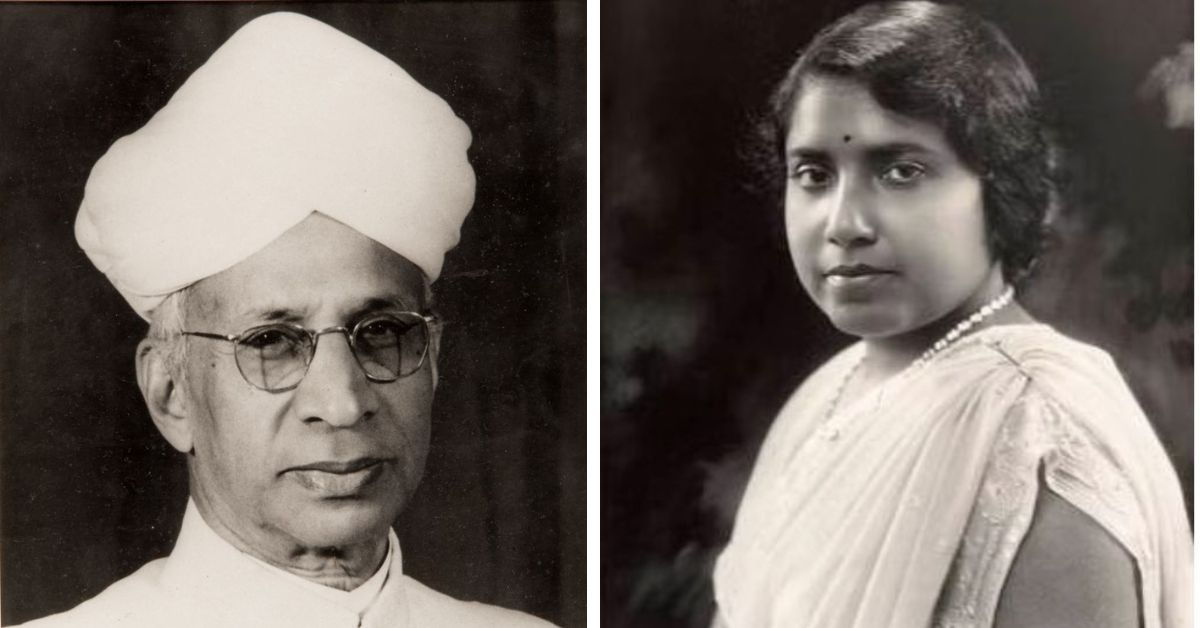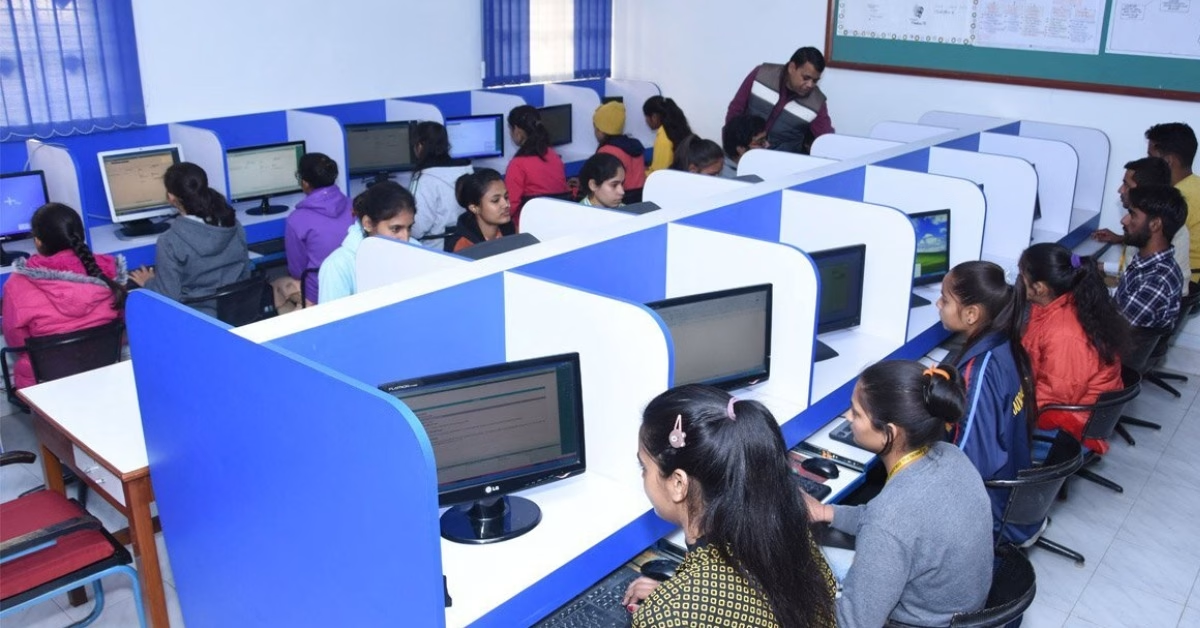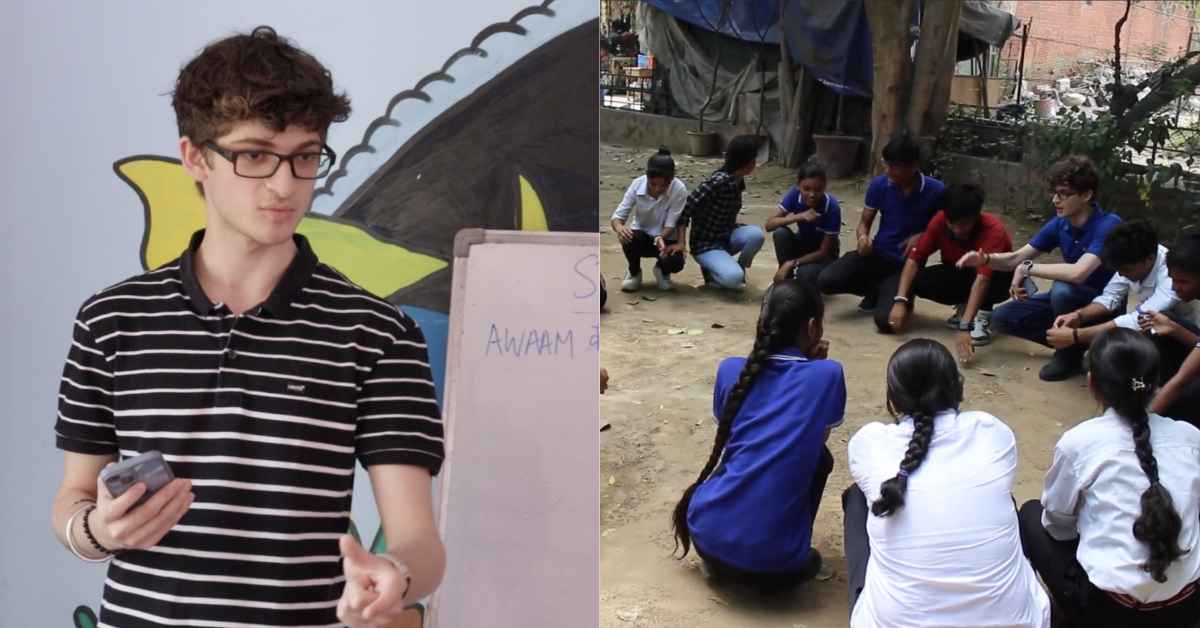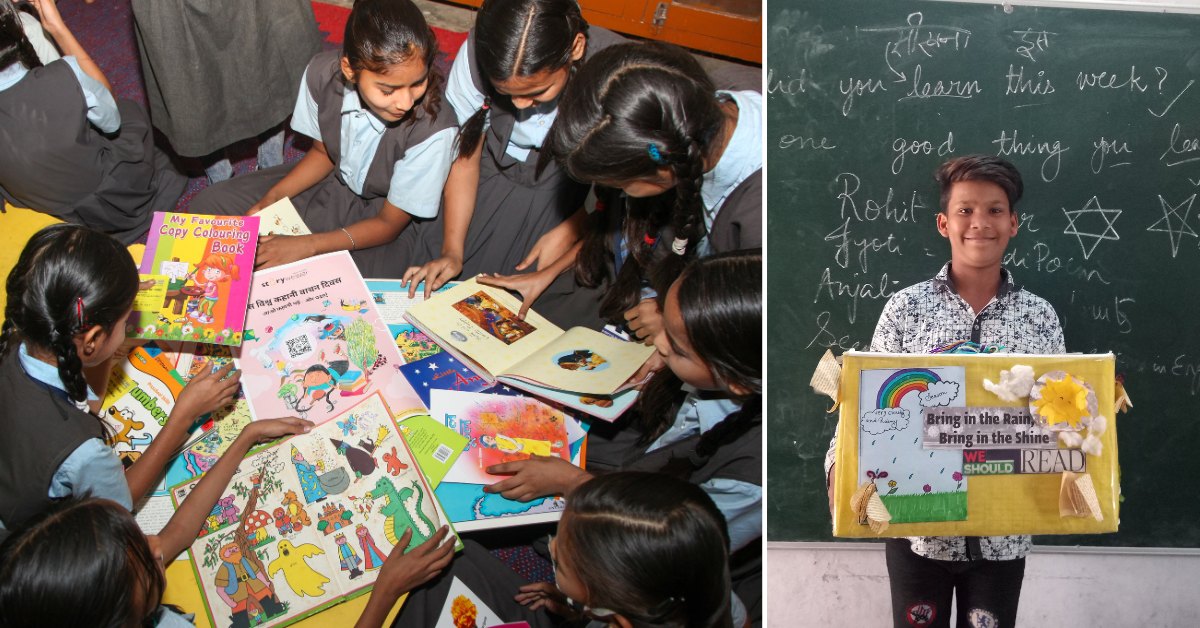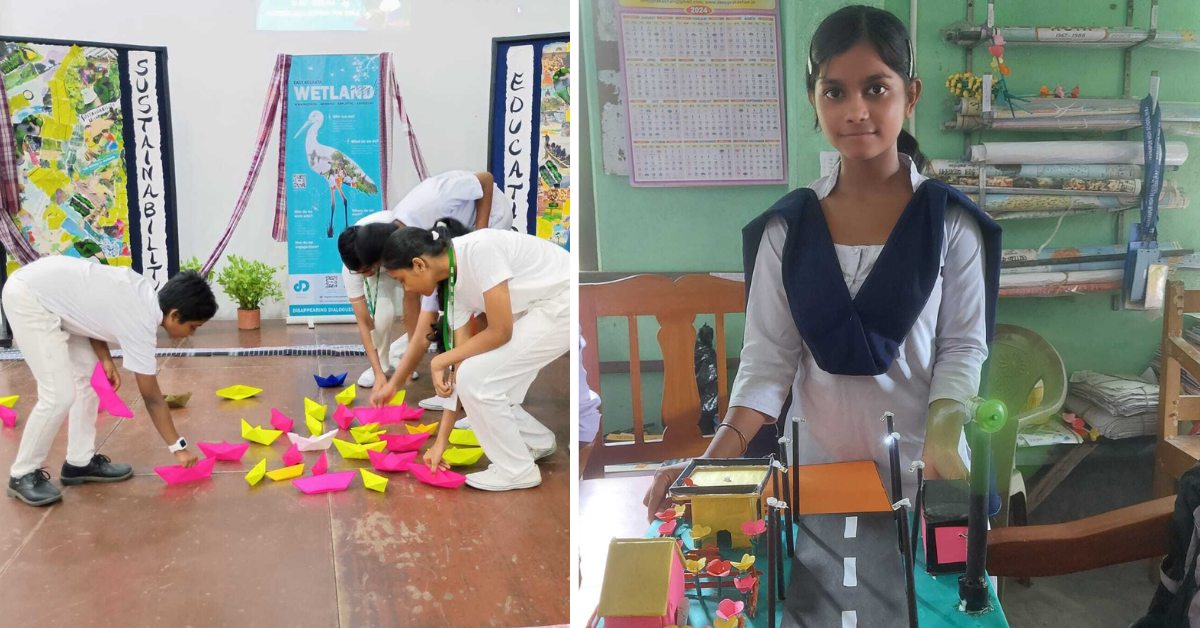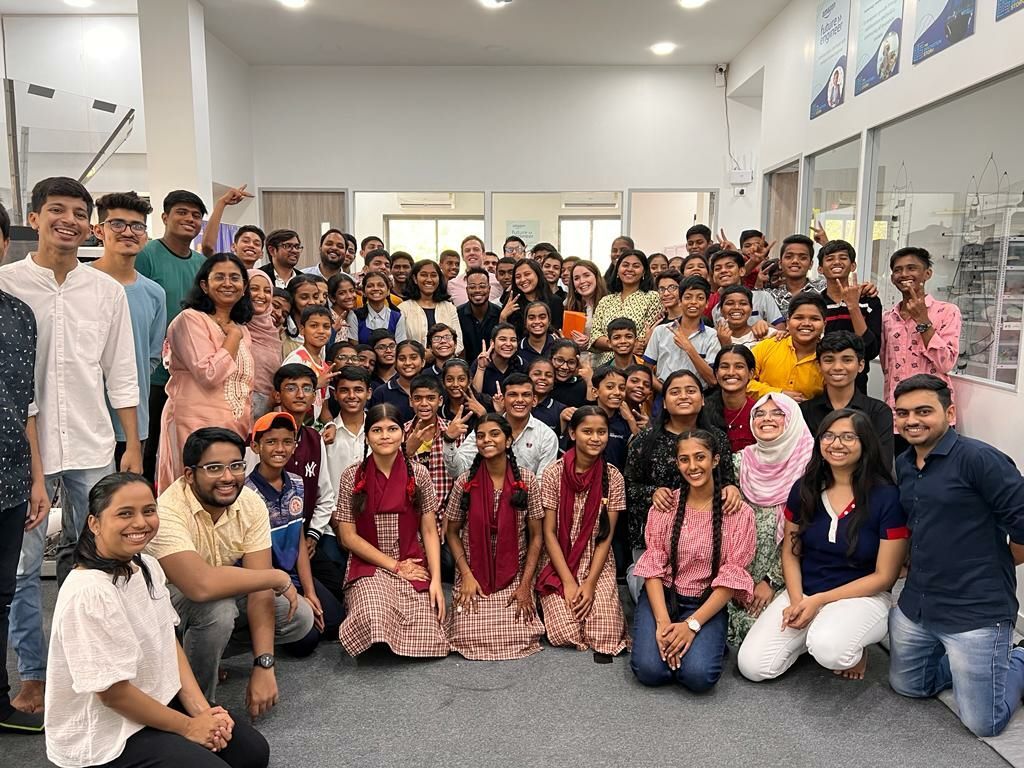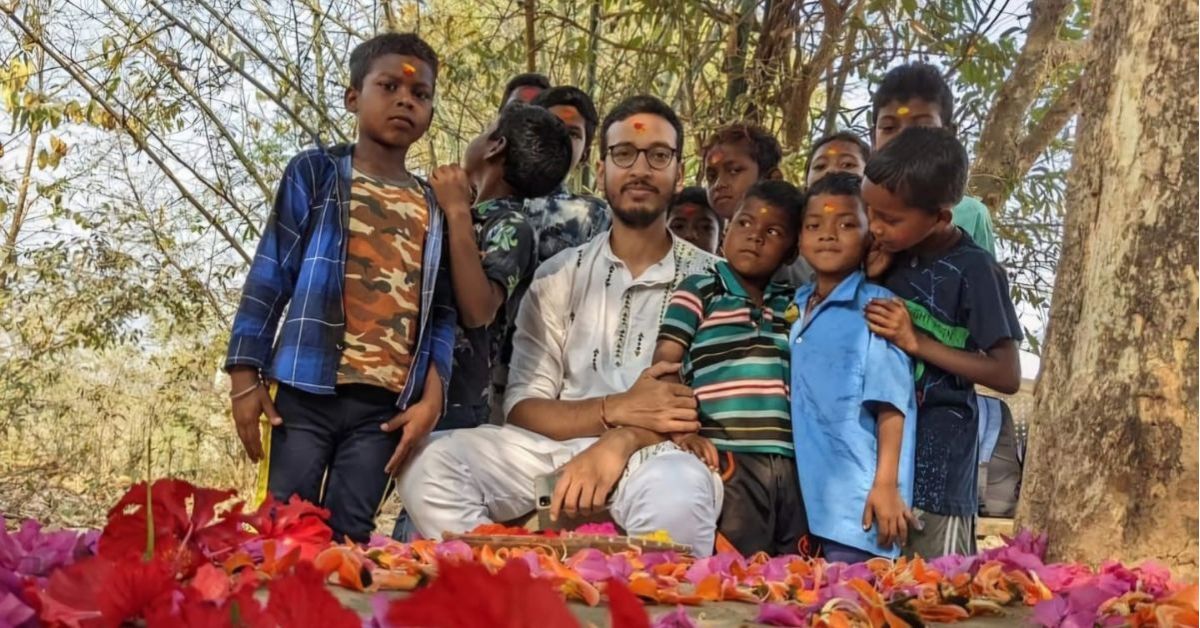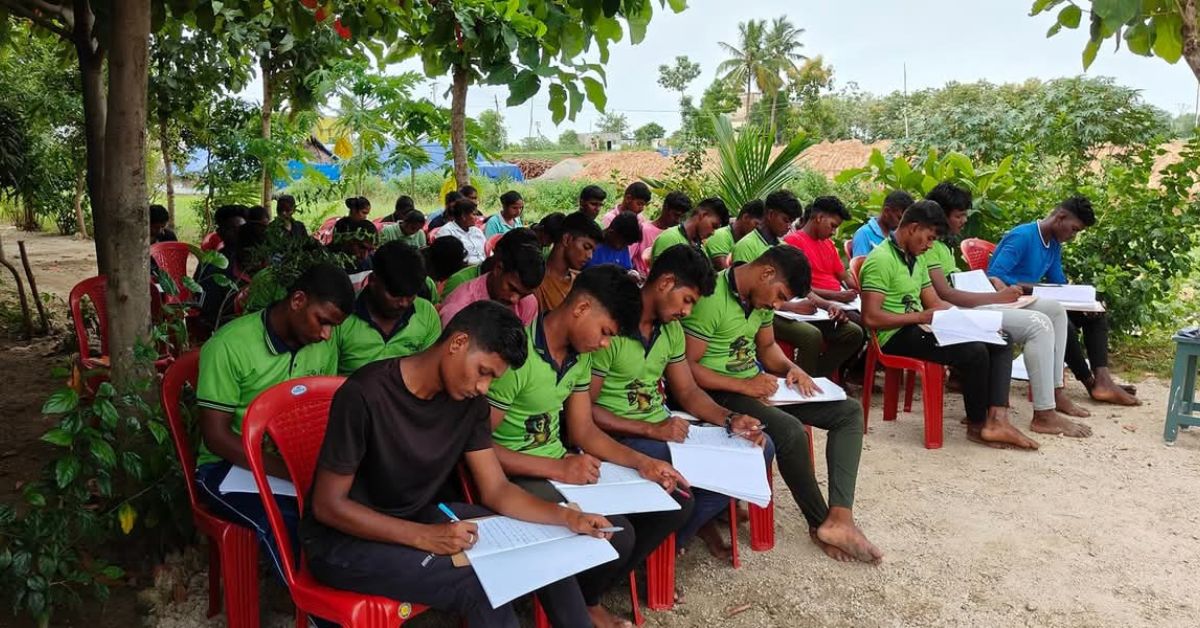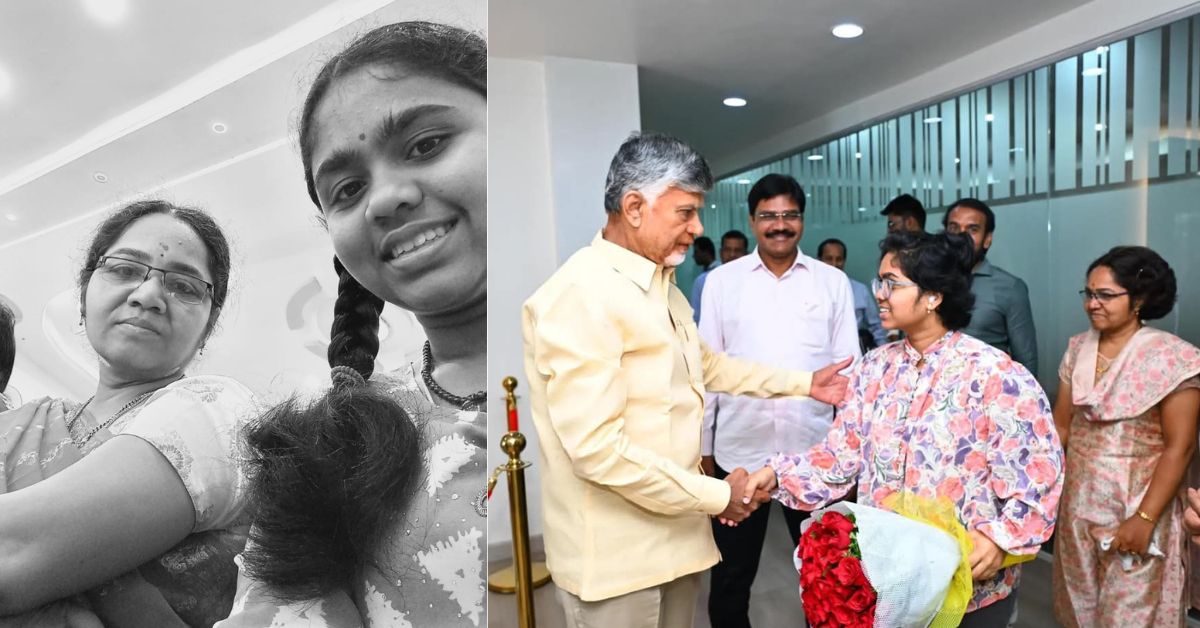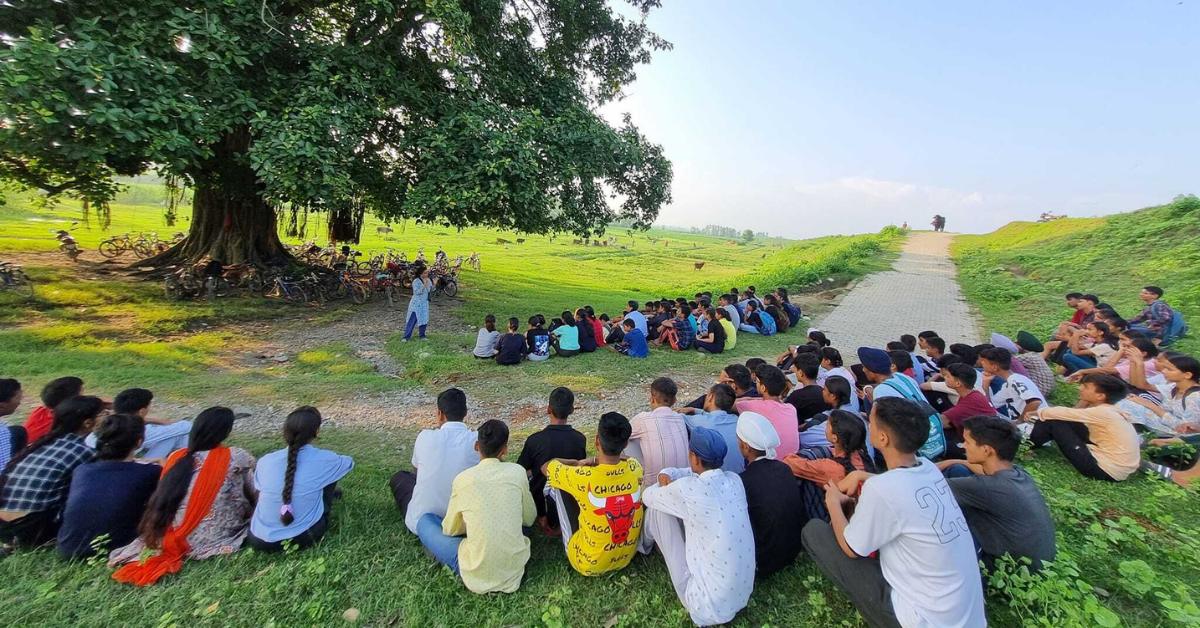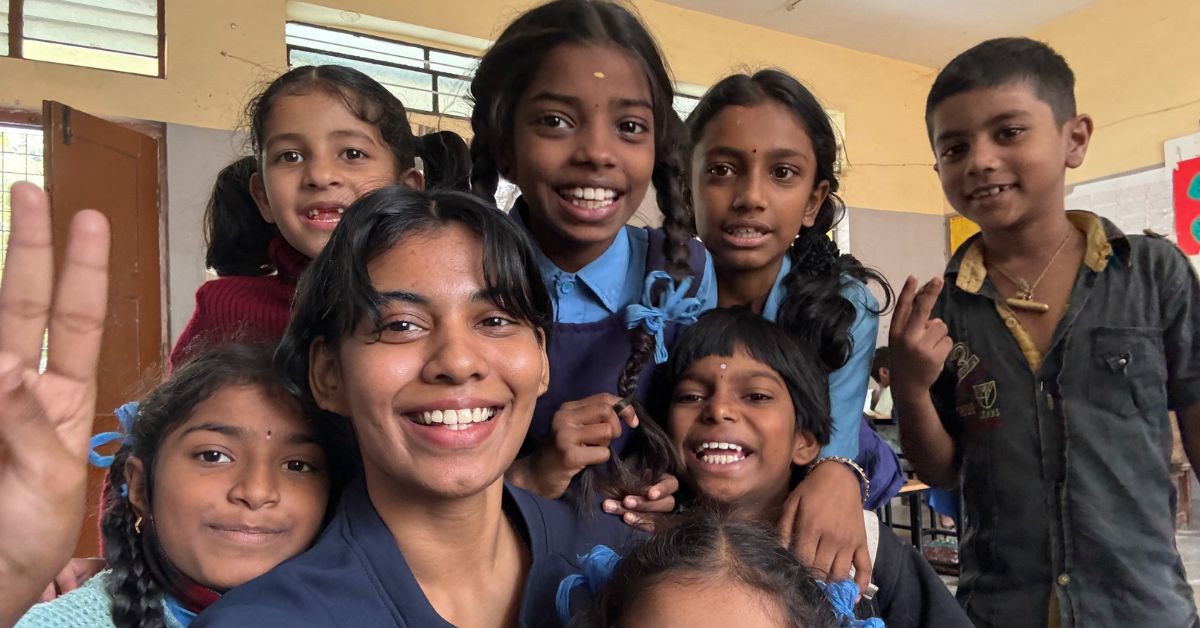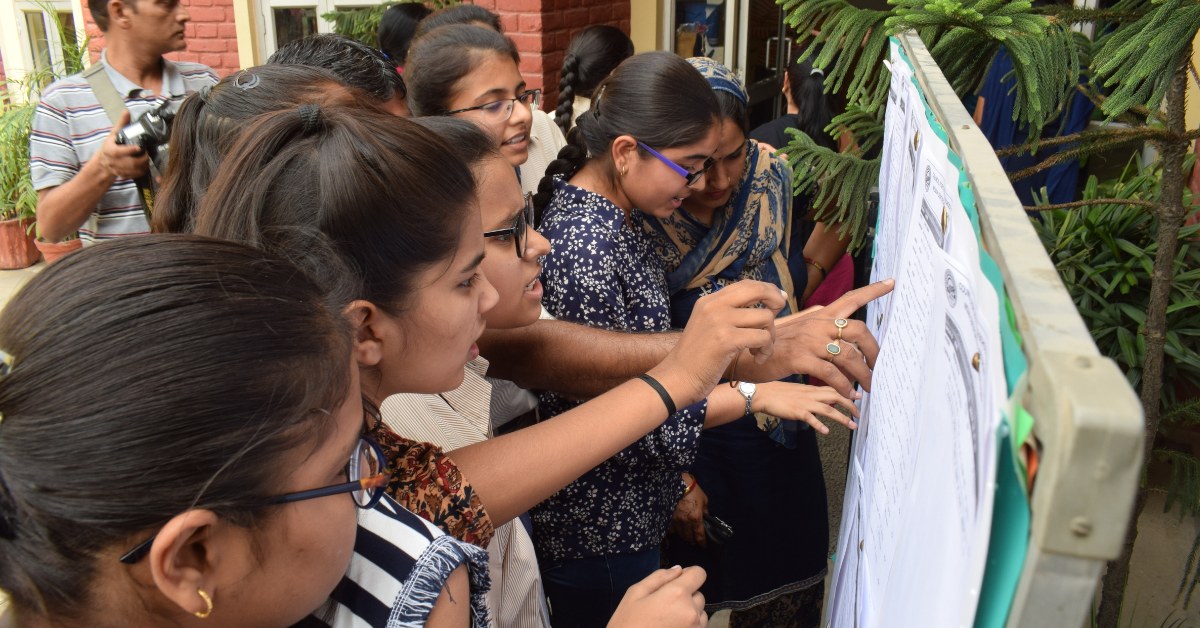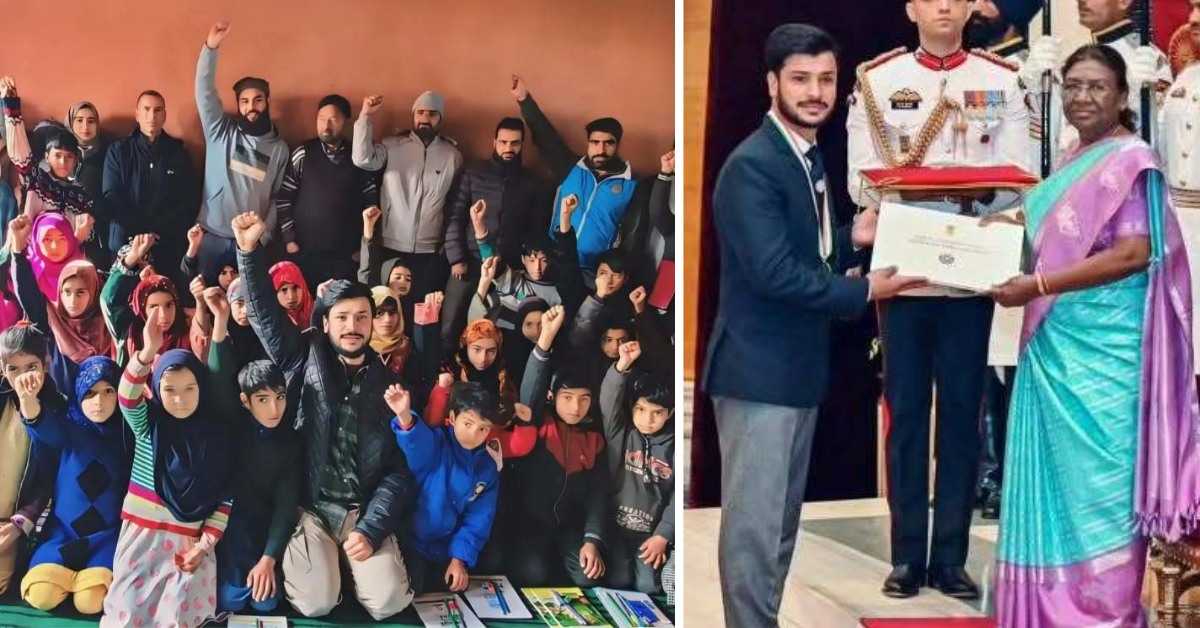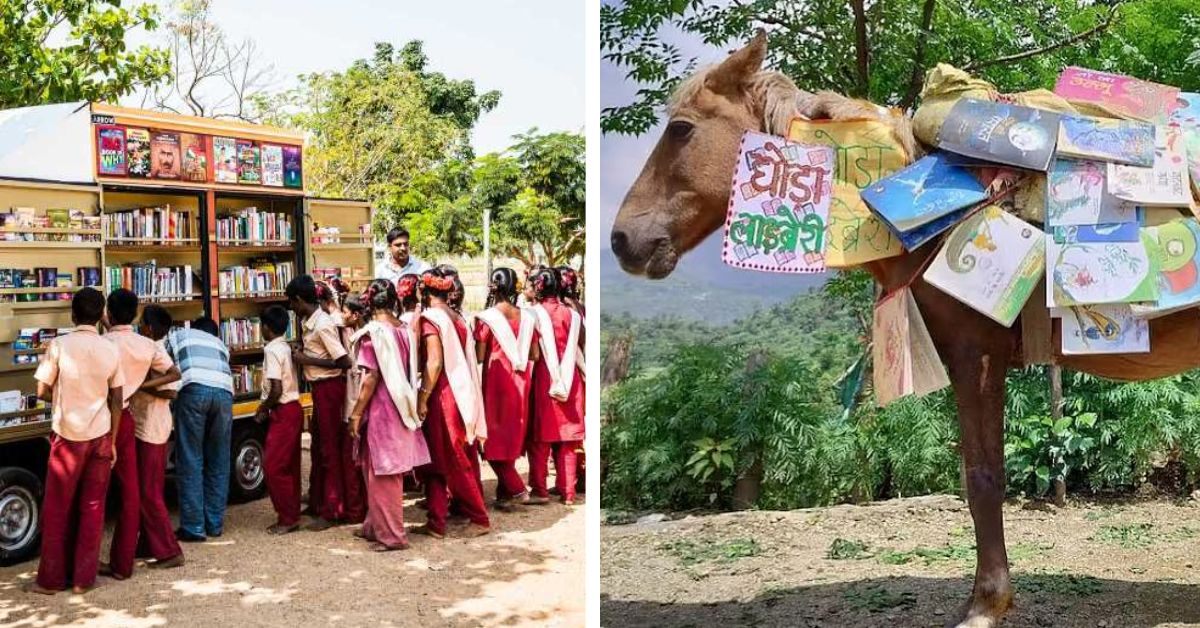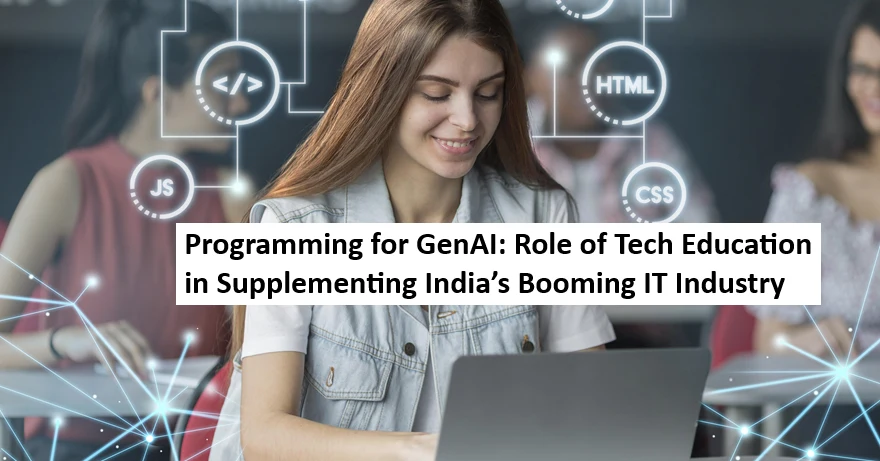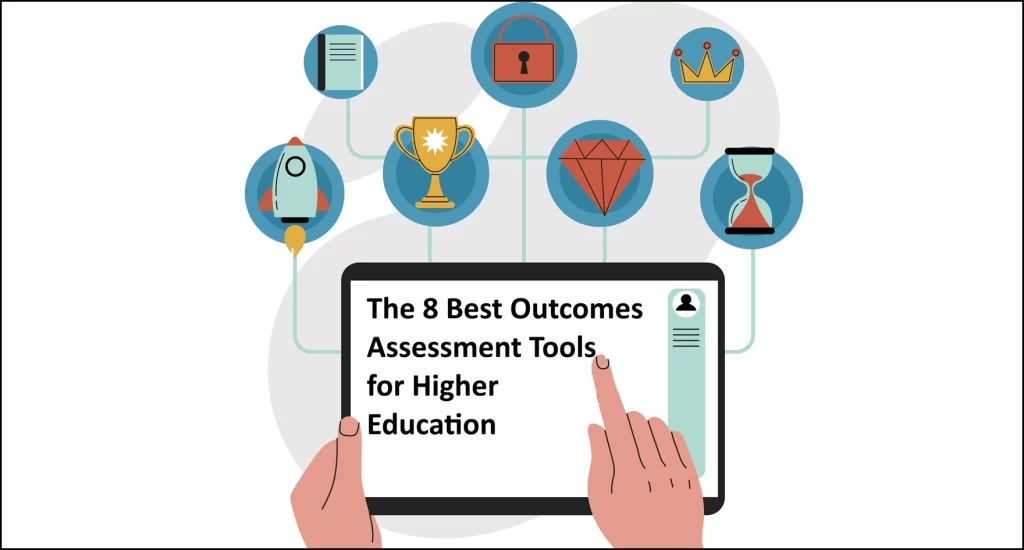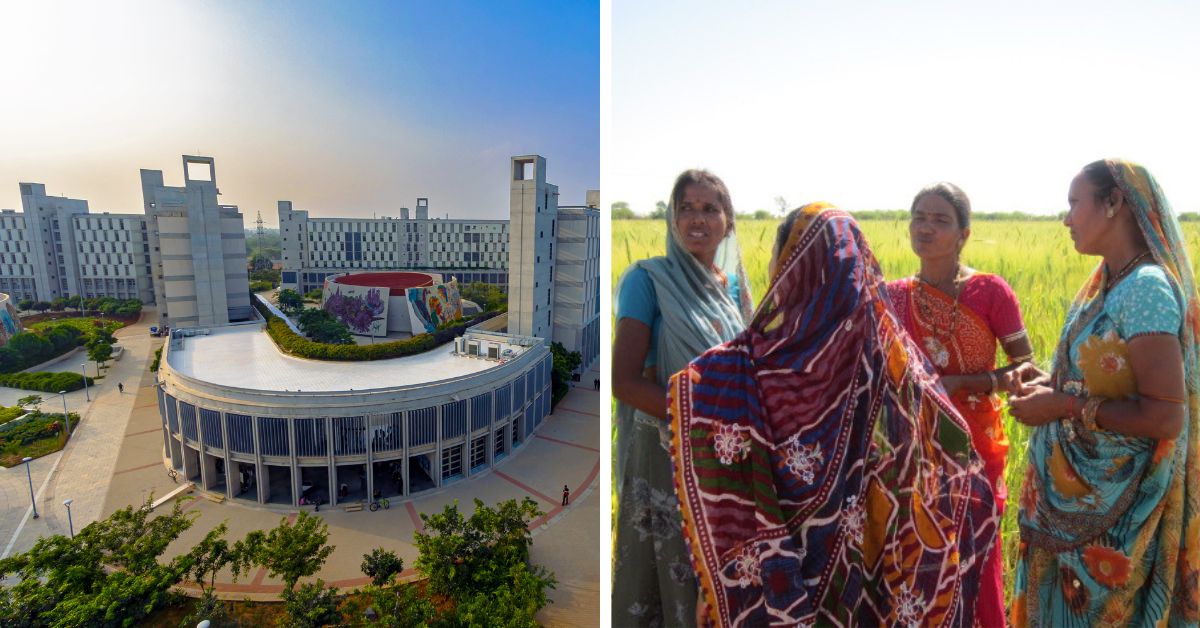
This article has been published in partnership with Azim Premji University
How do you convince communities to embrace solutions that could change their lived realities?
How do you sell them the ‘alternate dream’?
These were the questions that puzzled Liby Johnson in the 1990s, when he first arrived in Odisha’s Ganjam district — then in the grip of a slow but serious health crisis. Water-borne diseases were spreading rapidly, leaving everyone baffled.
Liby — now the executive director of Gram Vikas, a non-profit working with rural communities — recalls that an investigation eventually revealed the cause: contaminated drinking water. Traces of faecal matter were found, making entire villages fall ill.
But when the subject of open defecation was broached, the villagers were out of options on how to tackle the problem.
Advertisement
“Maybe, we could build toilets,” a plausible solution was floated by them.
They laughed.
This knee-jerk reaction did not faze Liby and his team, who kept dialoguing with the communities until the latter agreed to a toilet in the home. In the two decades that followed, a success story was scripted across 1,500 villages; sanitation systems were streamlined; the ripples of impact were felt across 98,643 households in Nayagarh.
As Liby learnt, redefining people’s appetite for change sometimes needed more than empathy. It needed tact and a knack for looking at the problem through a new prism.
Solving social challenges with strategic thinking
A great hypothesis does not guarantee success. You need to be able to translate your promises into a vocabulary that communities will trust. For someone who is a) foreign to the development sector and b) does not have a managerial bent of mind while attempting to facilitate change at the grassroots level, this can be a challenge.
But the solution may lie in the Executive MBA in Development Management that’s set to be launched by the Azim Premji University. The goal is to assure professionals a surer footing in the development sector, which often denies an easy interpretation due to its multifaceted nature.
Advertisement
Through the one-year full-time programme, professionals will learn concepts and competencies to understand contemporary development challenges in rural and urban India — thus equipping them to strengthen the organisational capacities of the sectors in which they are placed on completion of the course.
When’s a good time to pursue this programme?
There’s no better time than now — India’s development sector is witnessing a renaissance; its current value stands at approximately Rs 25 lakh crore. The sector is growing, believes Richa Govil, Vice Chancellor of Azim Premji University, Bengaluru Campus.
Richa points out, “Many people think the non-profit world is a world of charity. But it’s a professional space, and just like other sectors, there is a need for managers here as well.”
That’s precisely what the Executive MBA in Development Management is geared towards — creating managers who can lead to create impact.
Introducing a leadership lens to social development
Strategic thinking and leadership are vital when venturing into the fragile intersection of the challenges that baffle India’s hinterland.
Richa explains, “The problems of the social sector are complex. Often, you’ll see that one problem is the symptom of another. Often, these problems are interconnected; some could be systemic issues, others could be social.”
Advertisement
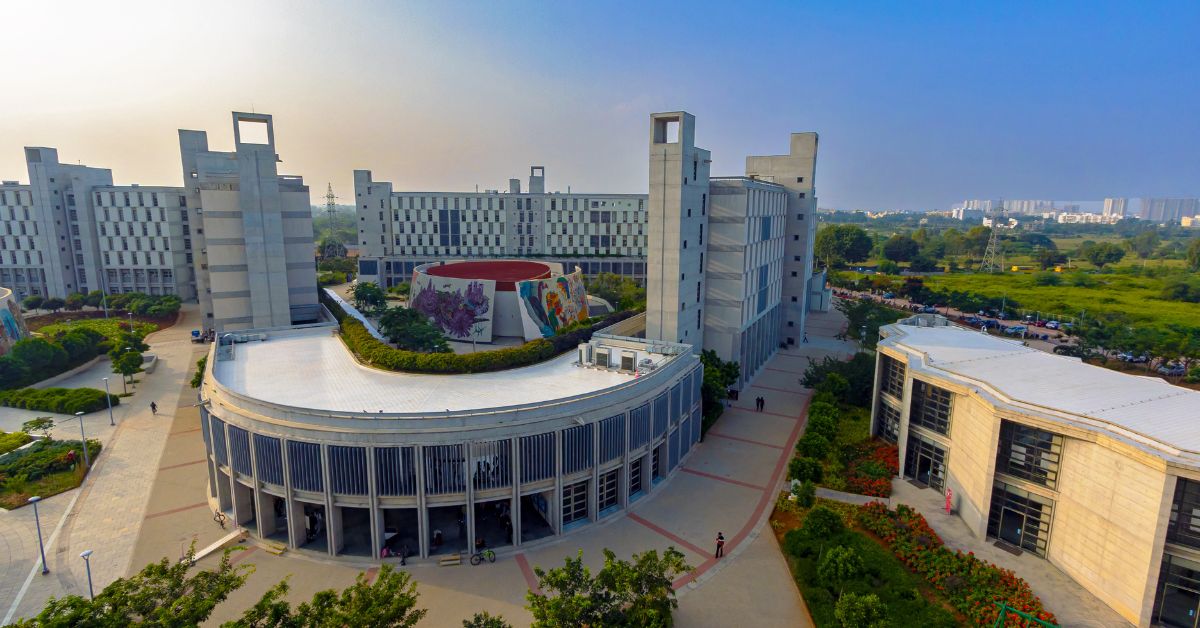
Those graduating from this programme will work on building the organisation; bringing a managerial lens in would significantly help ideate solutions beyond what’s in plain sight.
And the professionals who graduate from the course have a lot to look forward to, says Antoni Das, Head of Placements & Alumni Office, Azim Premji University. The University has a reputable network of over 400 social organisations built over a decade, which includes NGOs, social enterprises, CSR wings of corporates, policy think tanks, philanthropic foundations and funding agencies, and educational leadership institutions.
“Our conversations with the organisations that come for campus placement have made us realise that there is a huge requirement for people with competency in both development and management. Given the sector’s ongoing evolution, there is a strong demand for professionals who can blend domain knowledge, managerial skills, and social commitment,” Antoni underscores.
The programme is inviting applicants from diverse backgrounds with at least two years of full-time work experience after graduation. The selection will be based on a combination of test scores and interview performance.
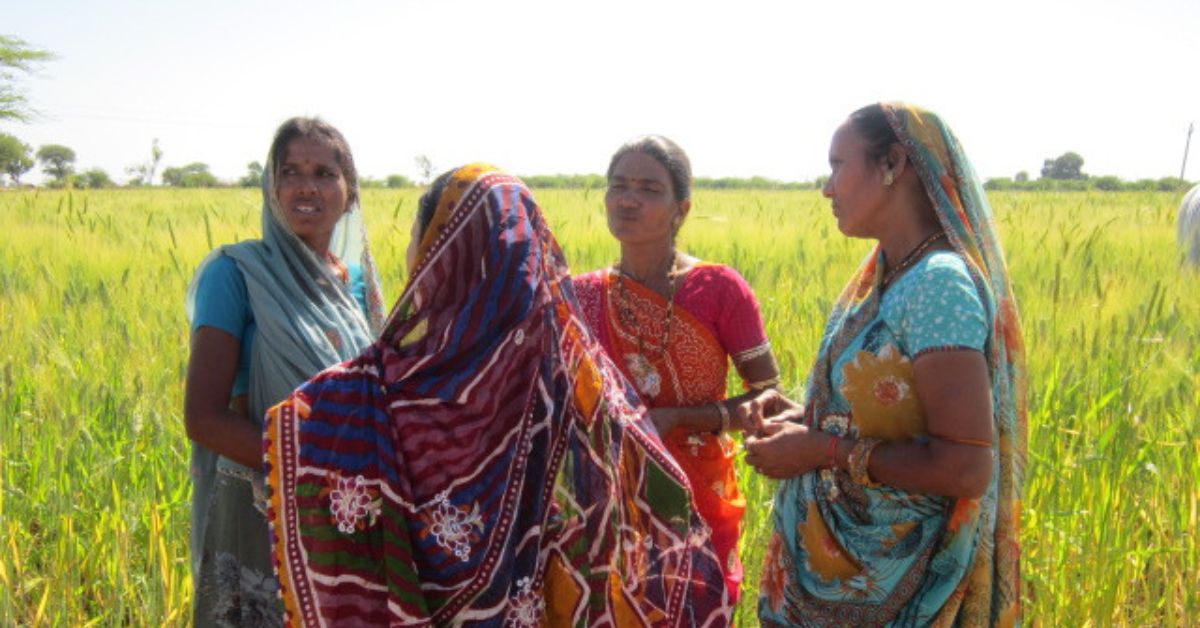
Antoni shares, “Even our alumni are genuinely excited about the launch of the Executive MBA in Development Management. Many of them shared that had this programme been available earlier, they would have taken it up without a second thought. They see it as a strong opportunity both for mid-career professionals already working in the social sector, and for those looking to transition from fields like IT, banking, CSR, and management into the development space.” That the course combines academic rigour with field-based learning, he says, is the main draw.
Candidates currently working in grassroots organisations, NGOs or philanthropic institutions are eligible for a 60 percent waiver on tuition fees. In addition, need-based financial aid is offered to selected candidates.
Advertisement
Where ideas meet action
Having played an instrumental role in formulating the curriculum, Richa says, they’ve focused on a practice-oriented paradigm. “For those of us who’ve been teaching and working in this space for years, it’s very clear that learning is not a one-way process. A lot of learning happens in the field by doing projects. And this is one of the most important objectives of the course.”
As Richa adds, it isn’t just academic expertise that has gone into designing the course but also real-world insights. “We’ve reached out to leaders of NGOs and other social sector organisations and taken their inputs,” she notes.
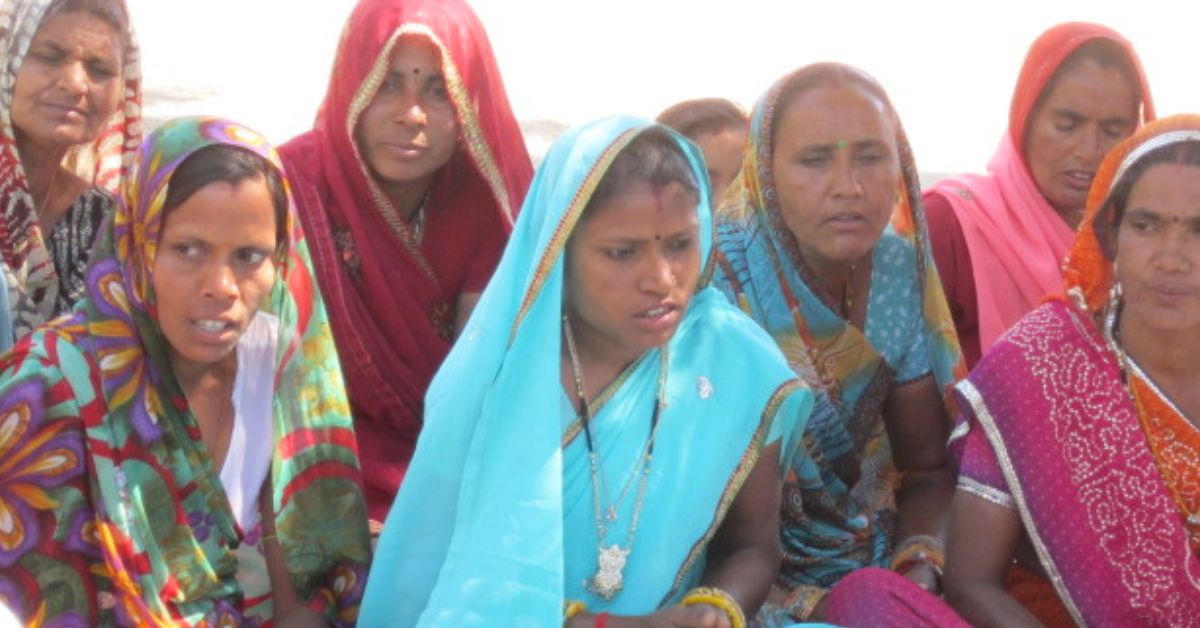
In addition to deepening the impact of their work, the course focuses on equipping professionals to better understand the implementation of large programmes in social sector organisations, facilitate organisational growth through people management and fundraising, and lead rapid expansion while managing programme grants at donor foundations, philanthropies, and CSR teams.
It takes a great idea to spark change. But it takes becoming a leader to sustain it.
And here’s a programme that promises to create the leaders of tomorrow.
All pictures courtesy Azim Premji University
Advertisement



